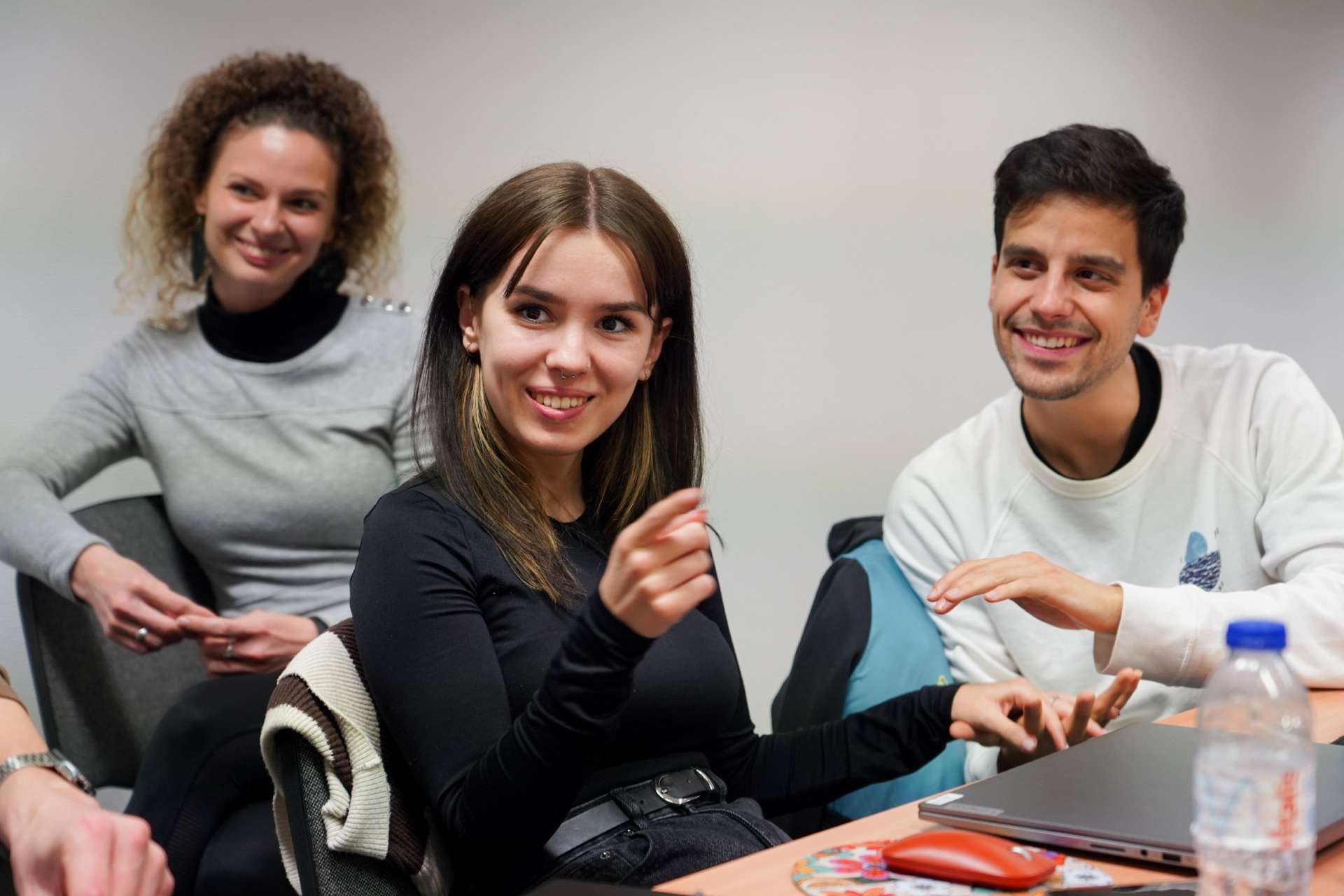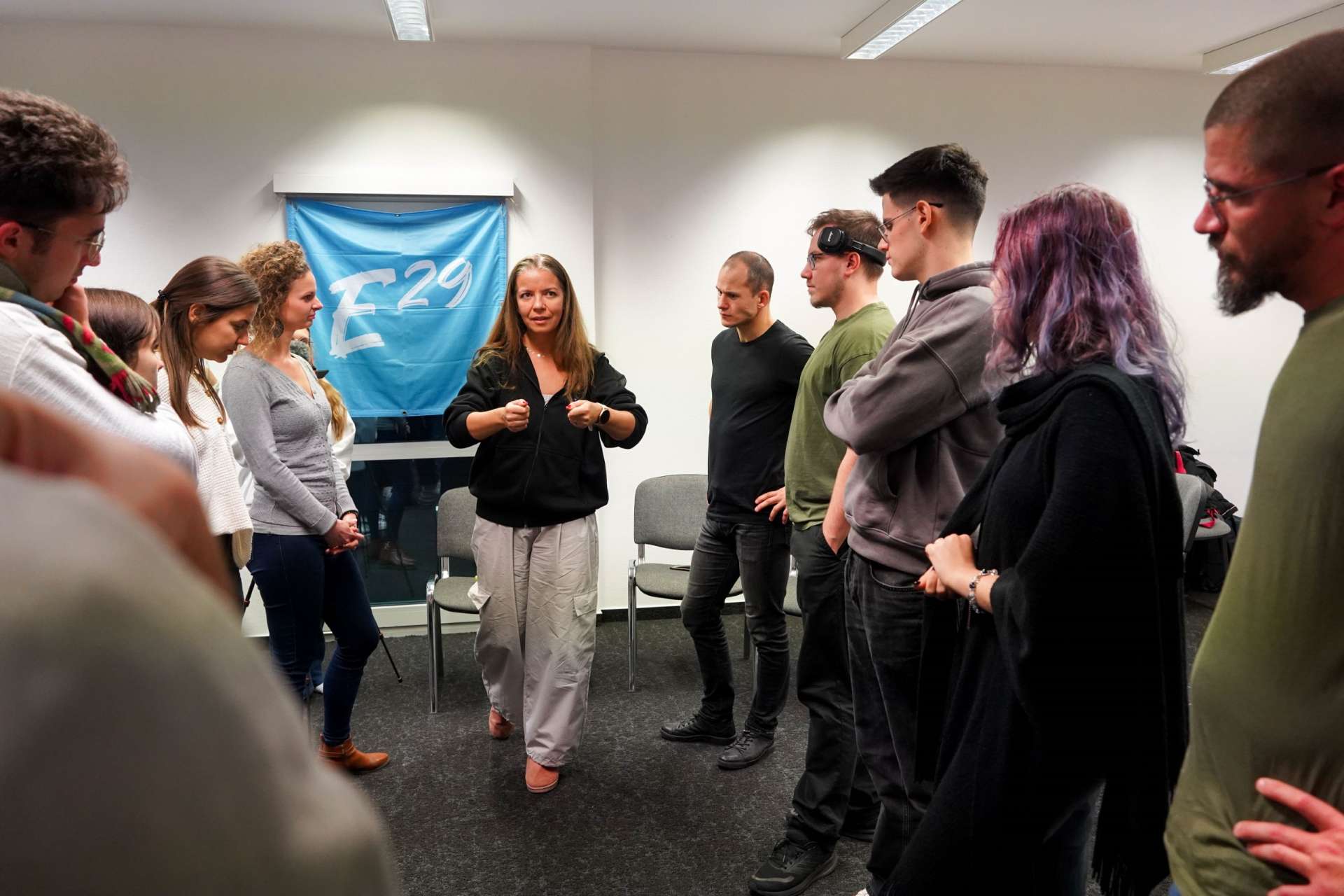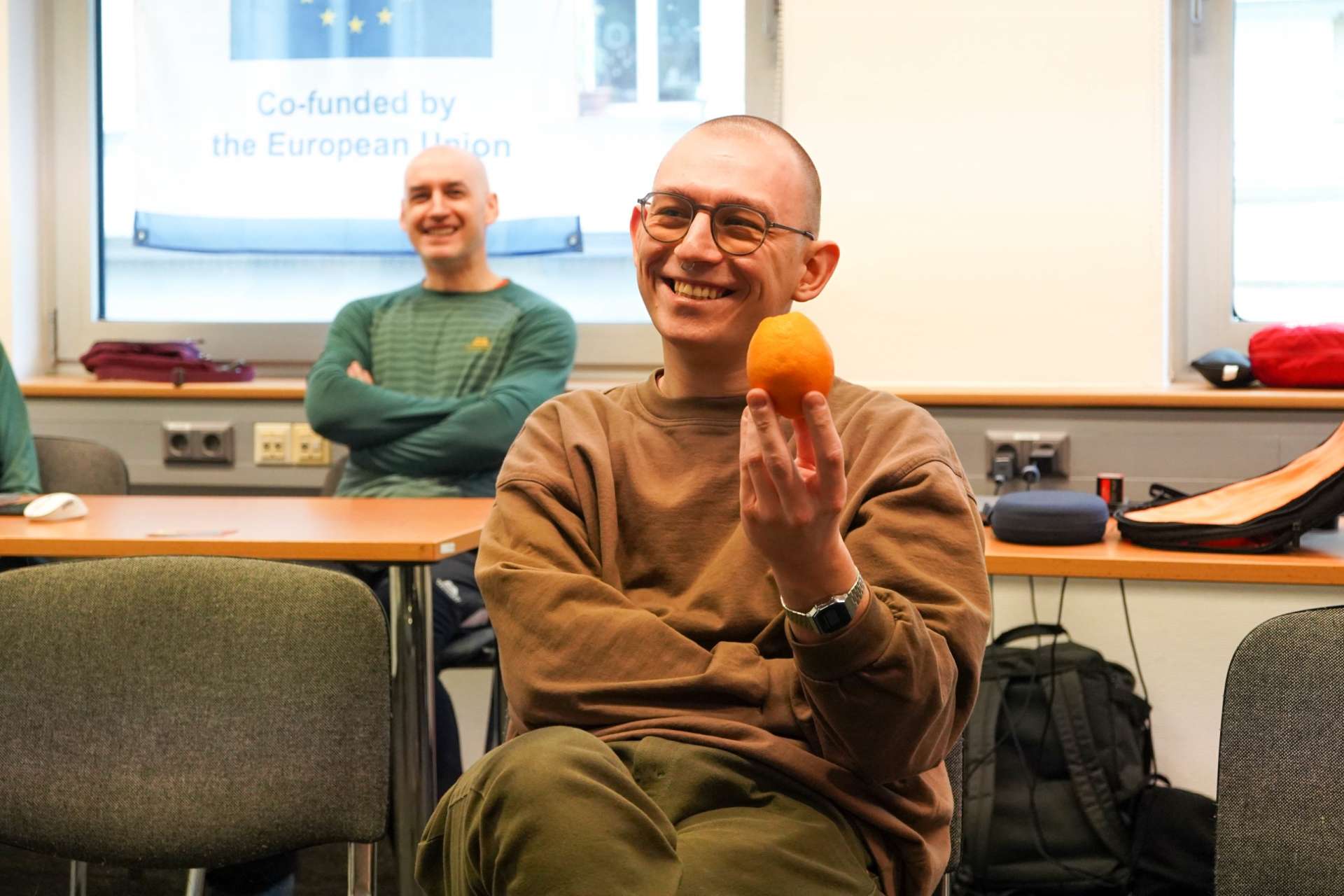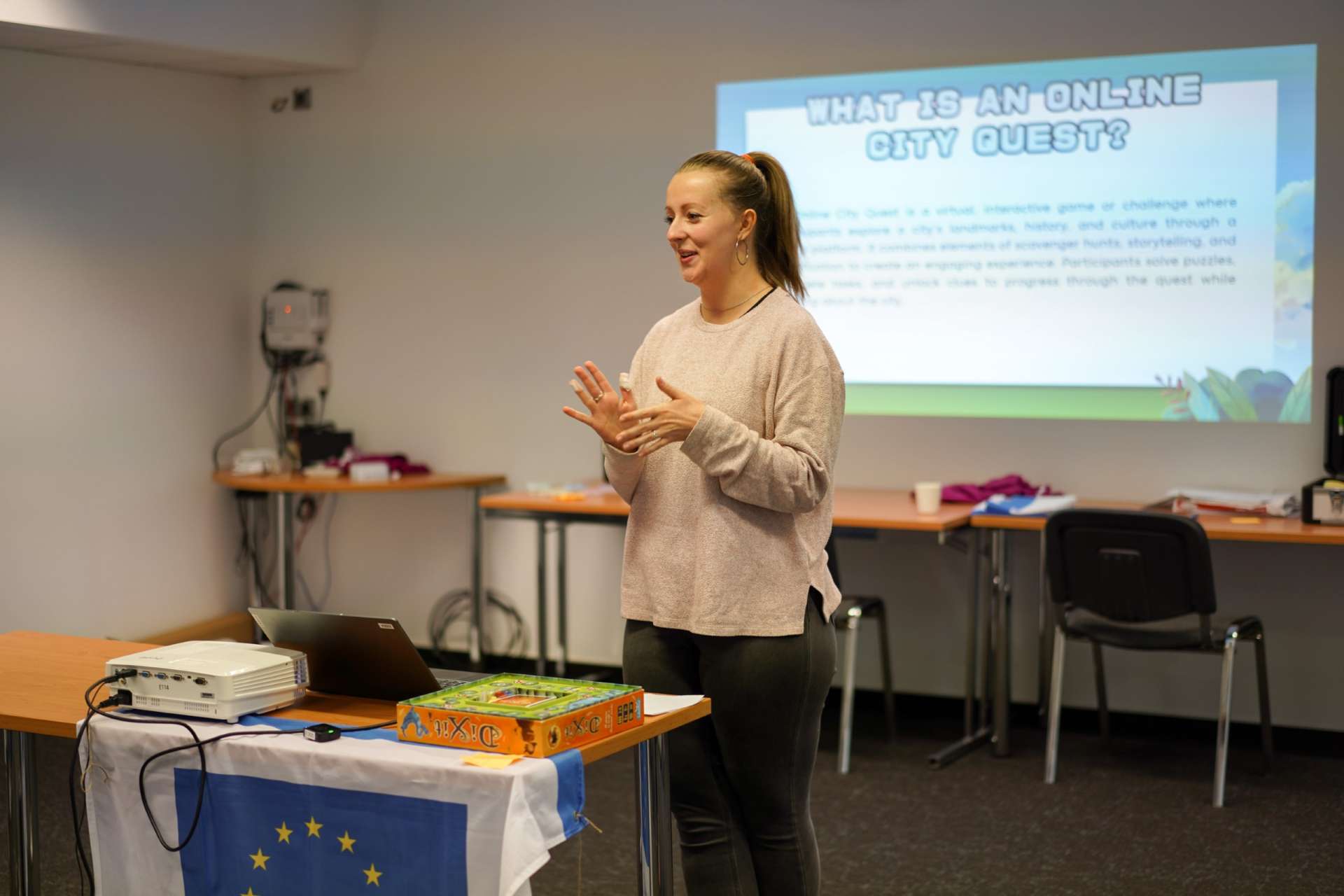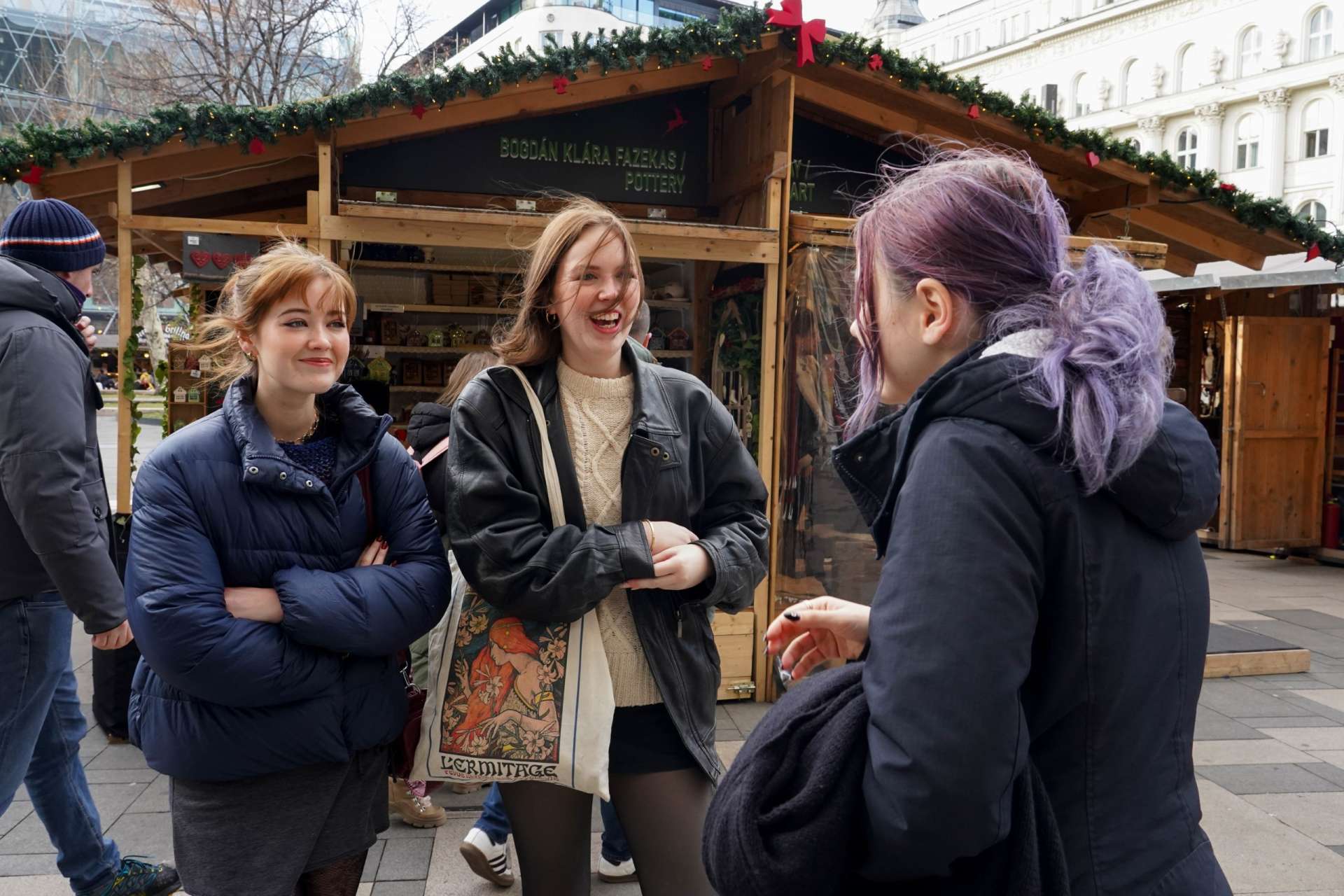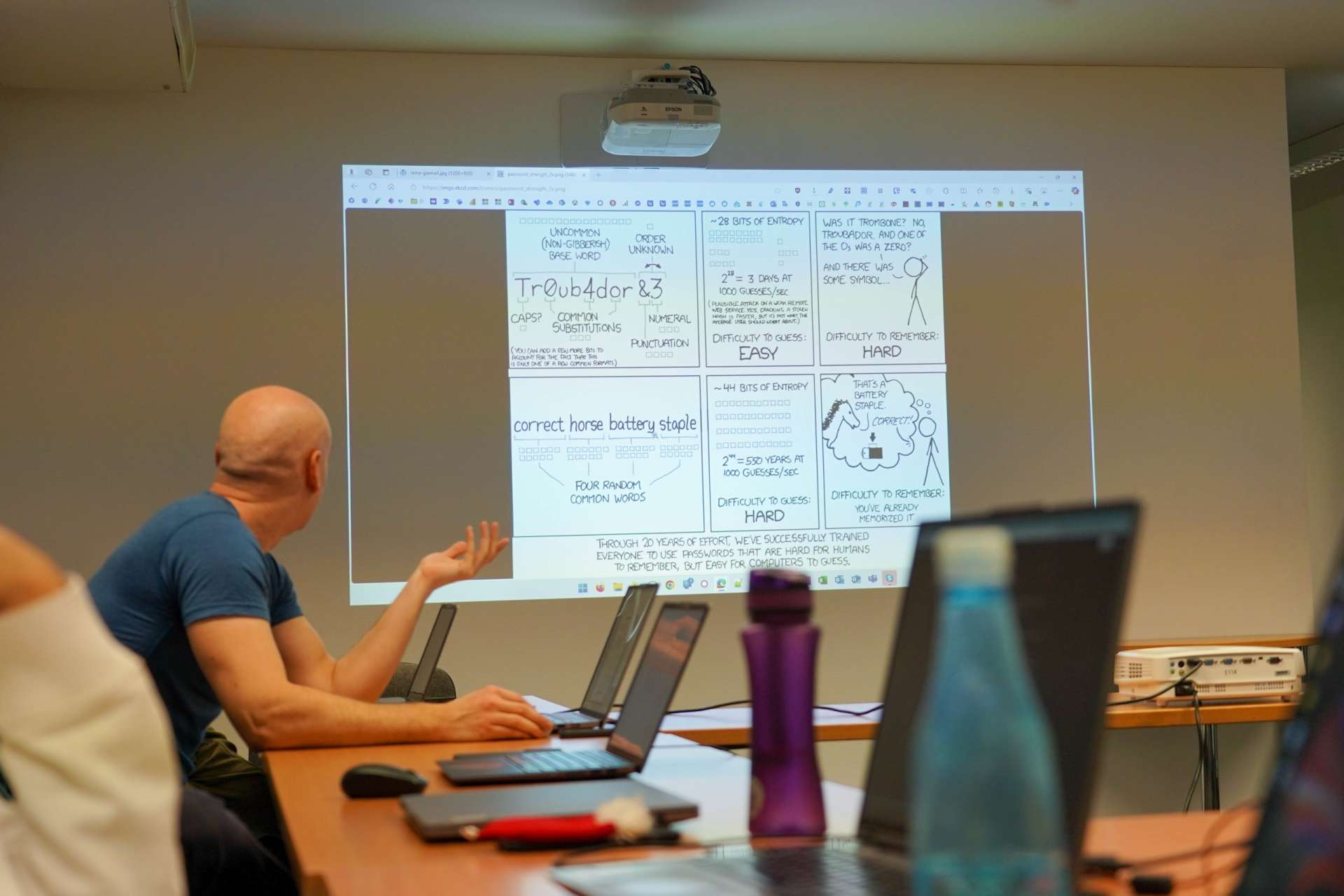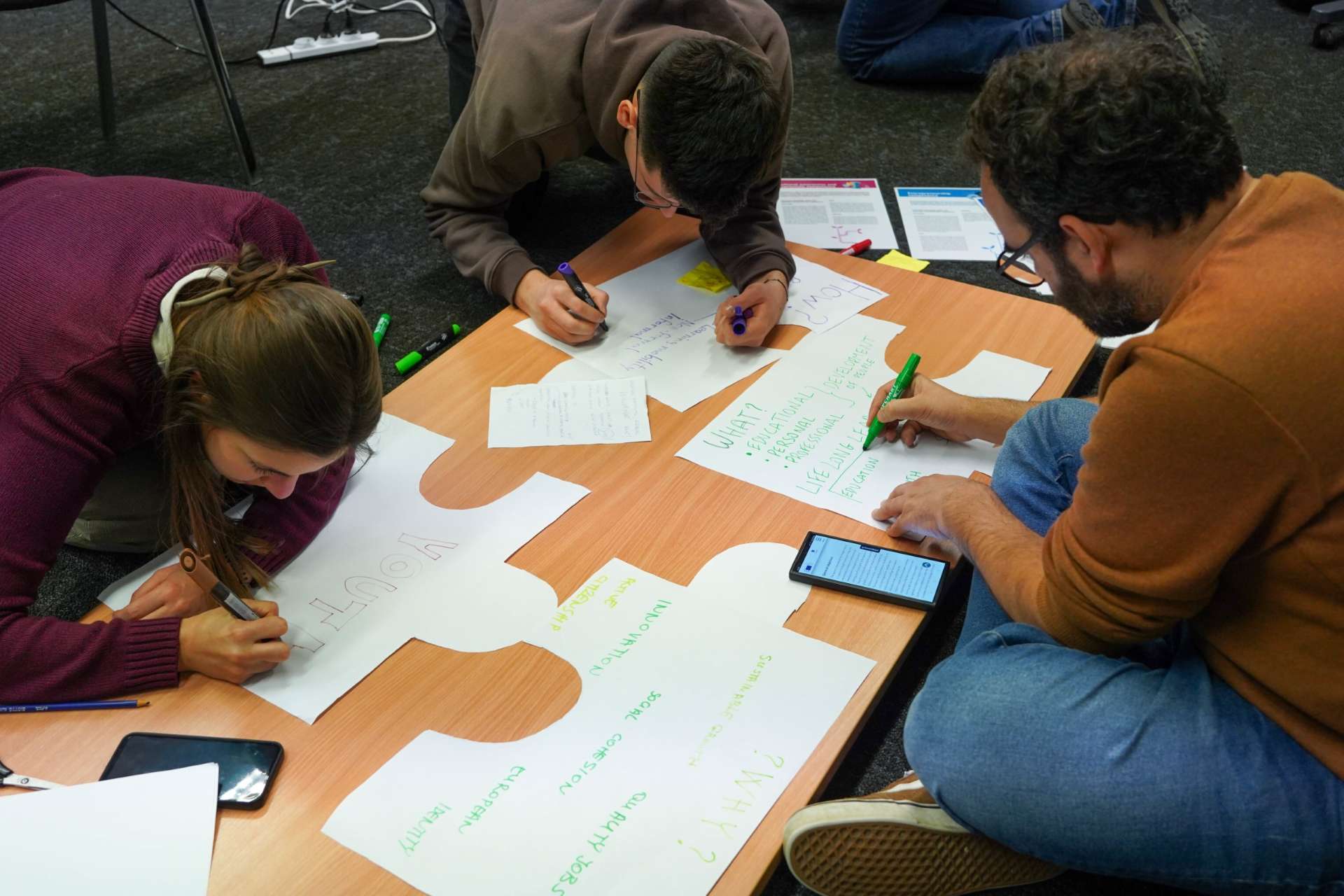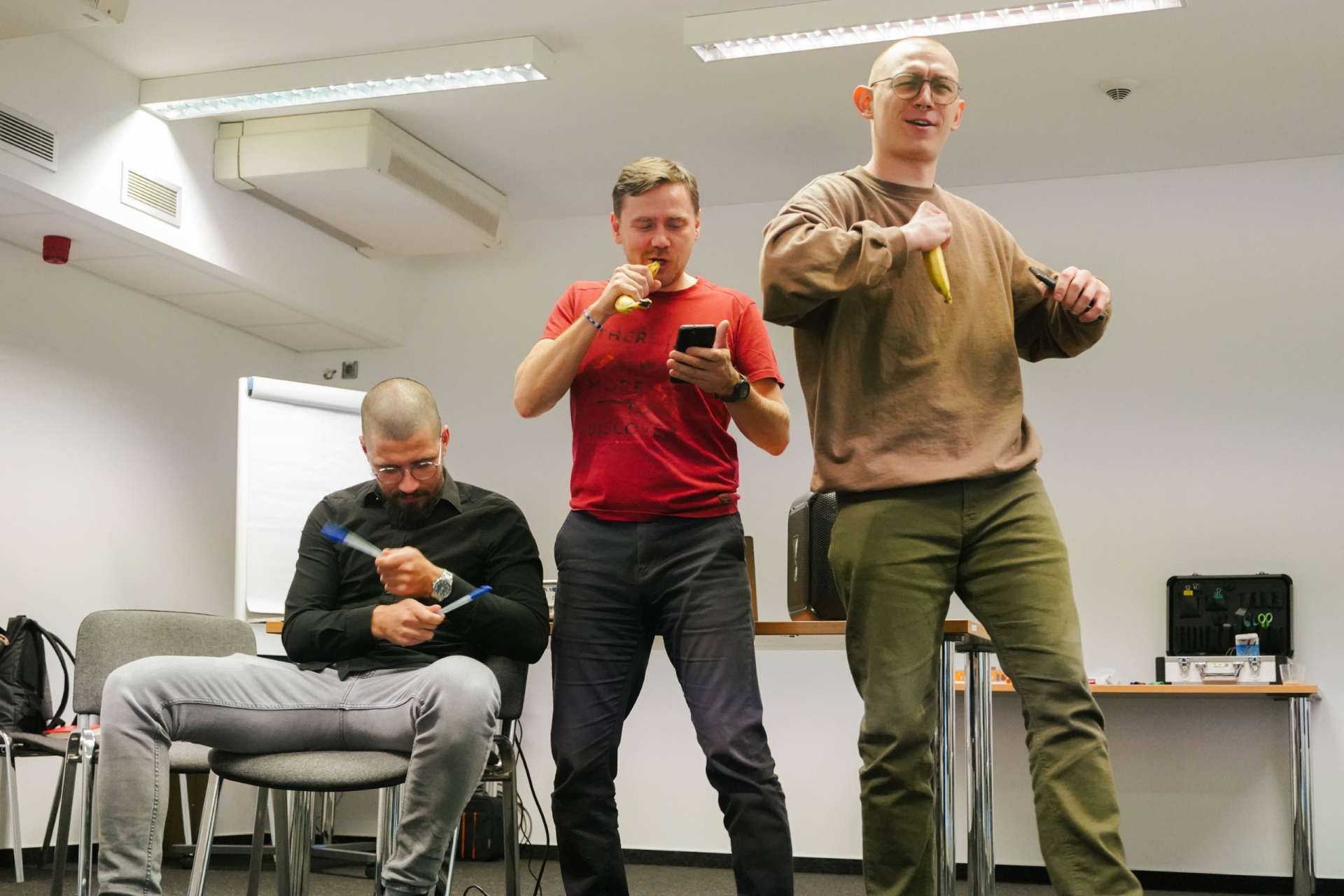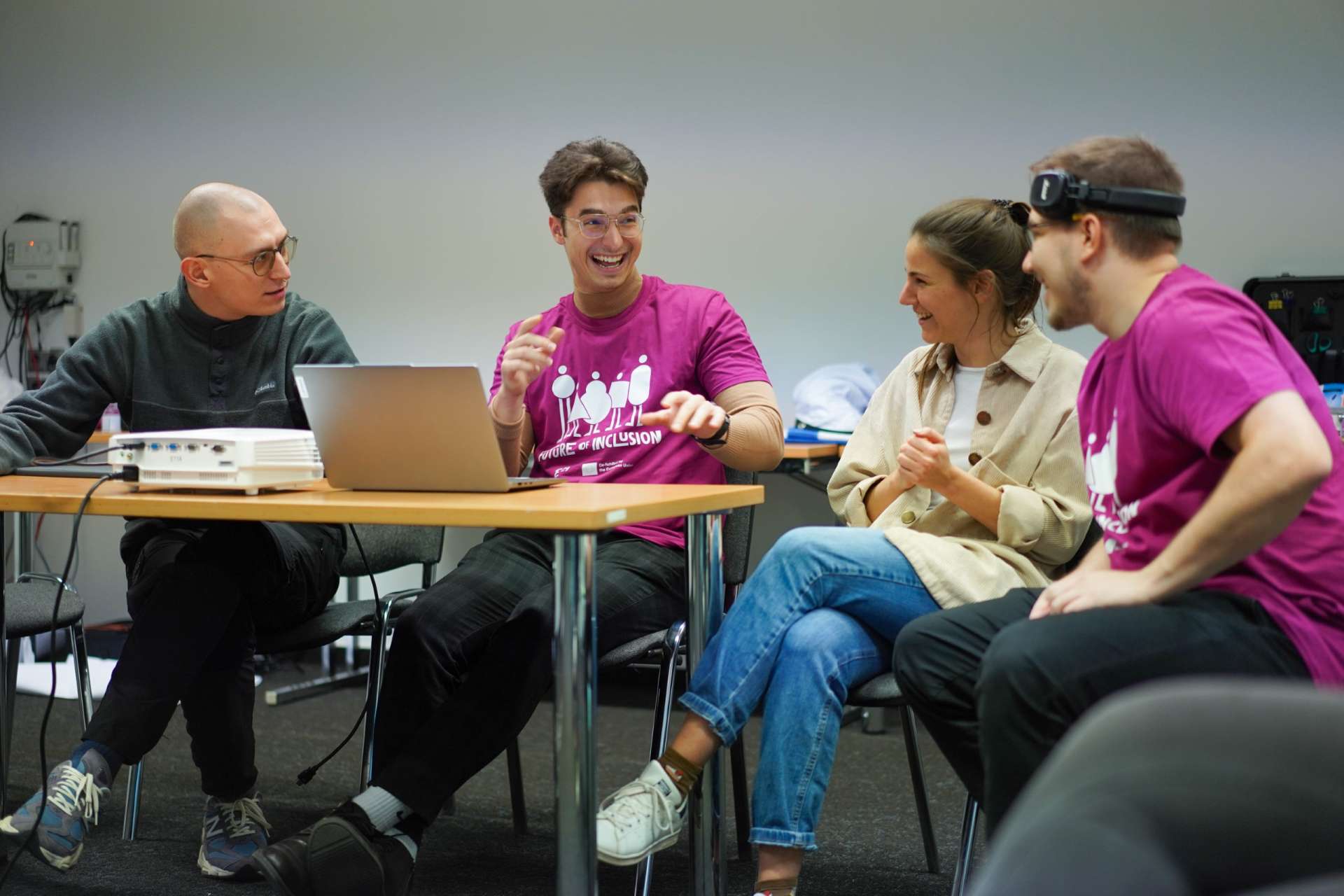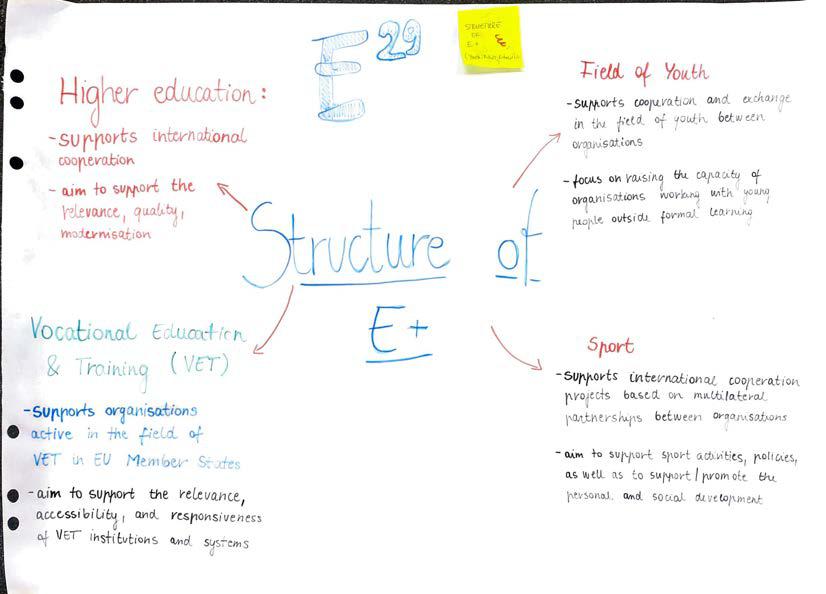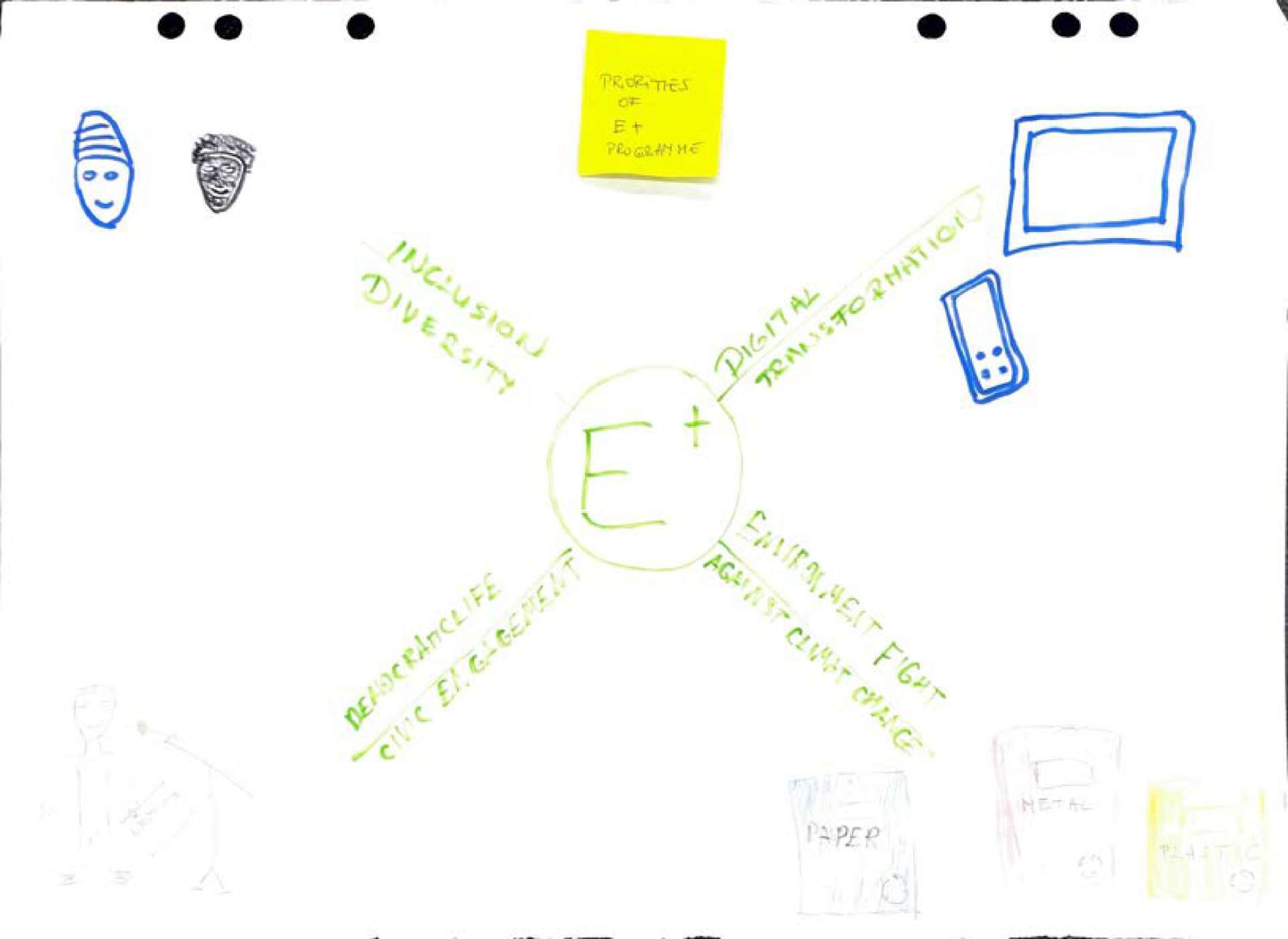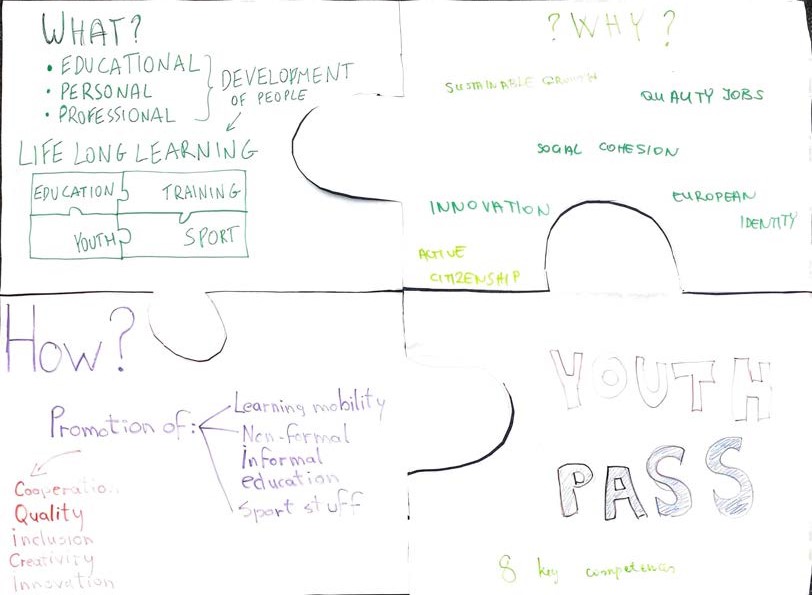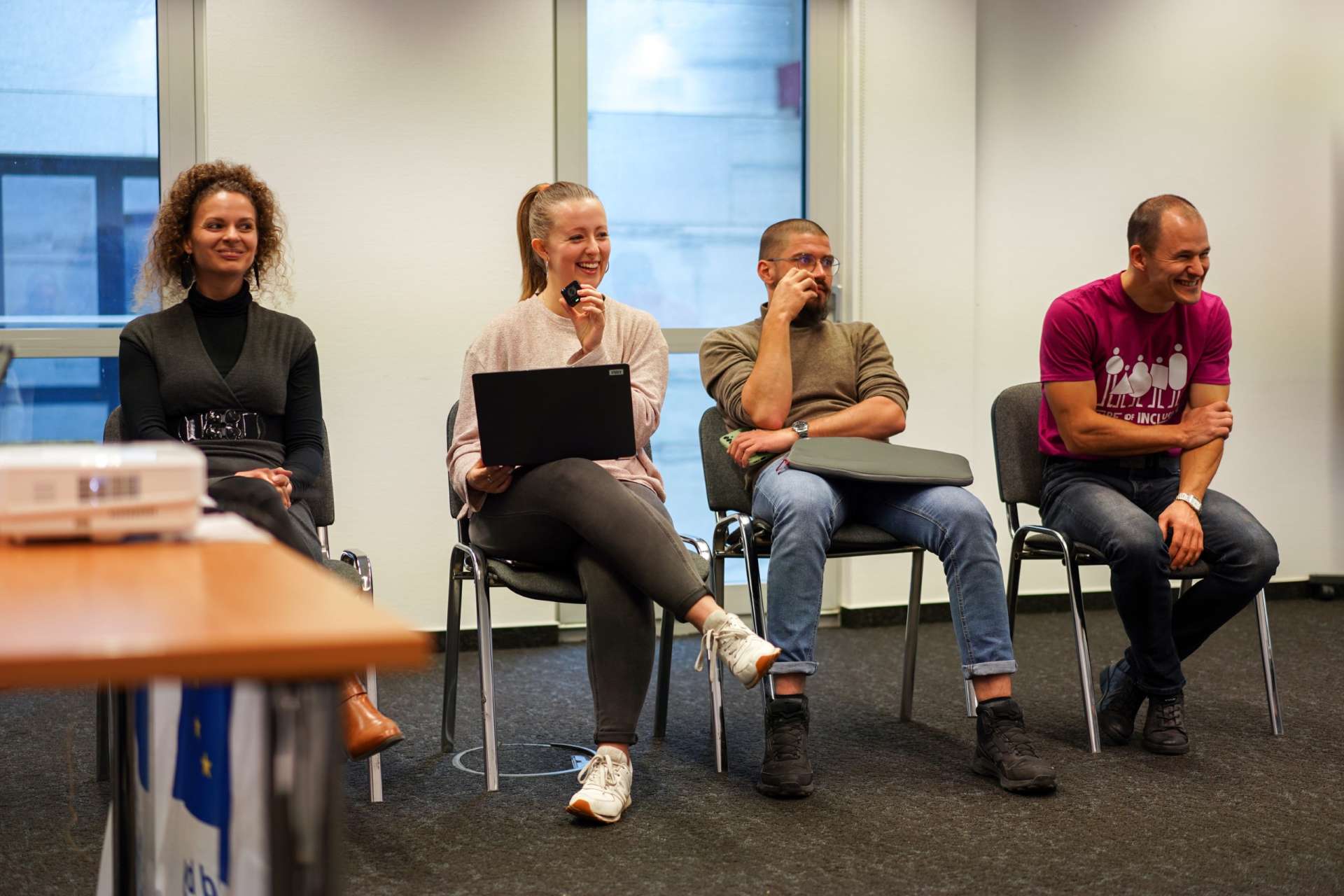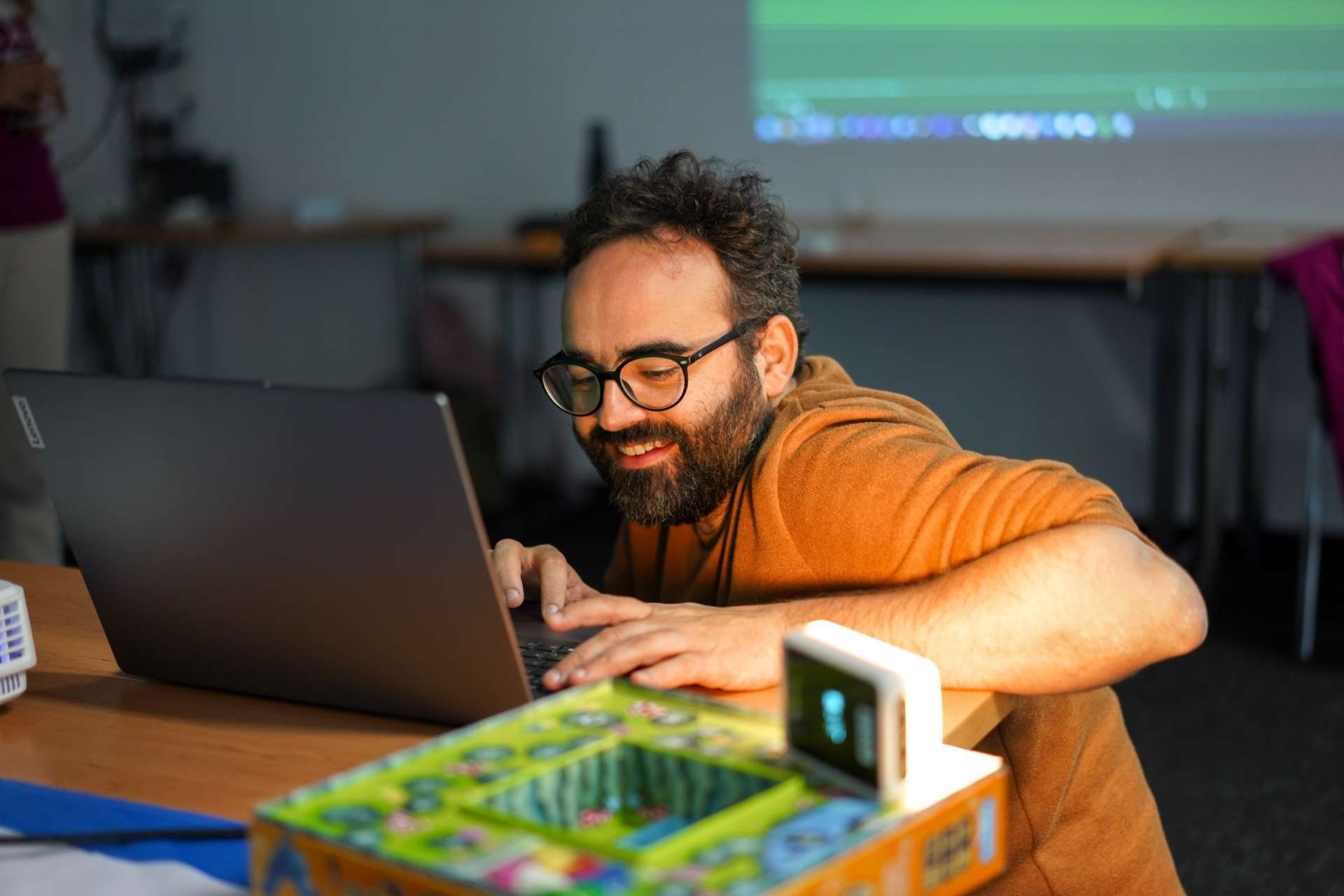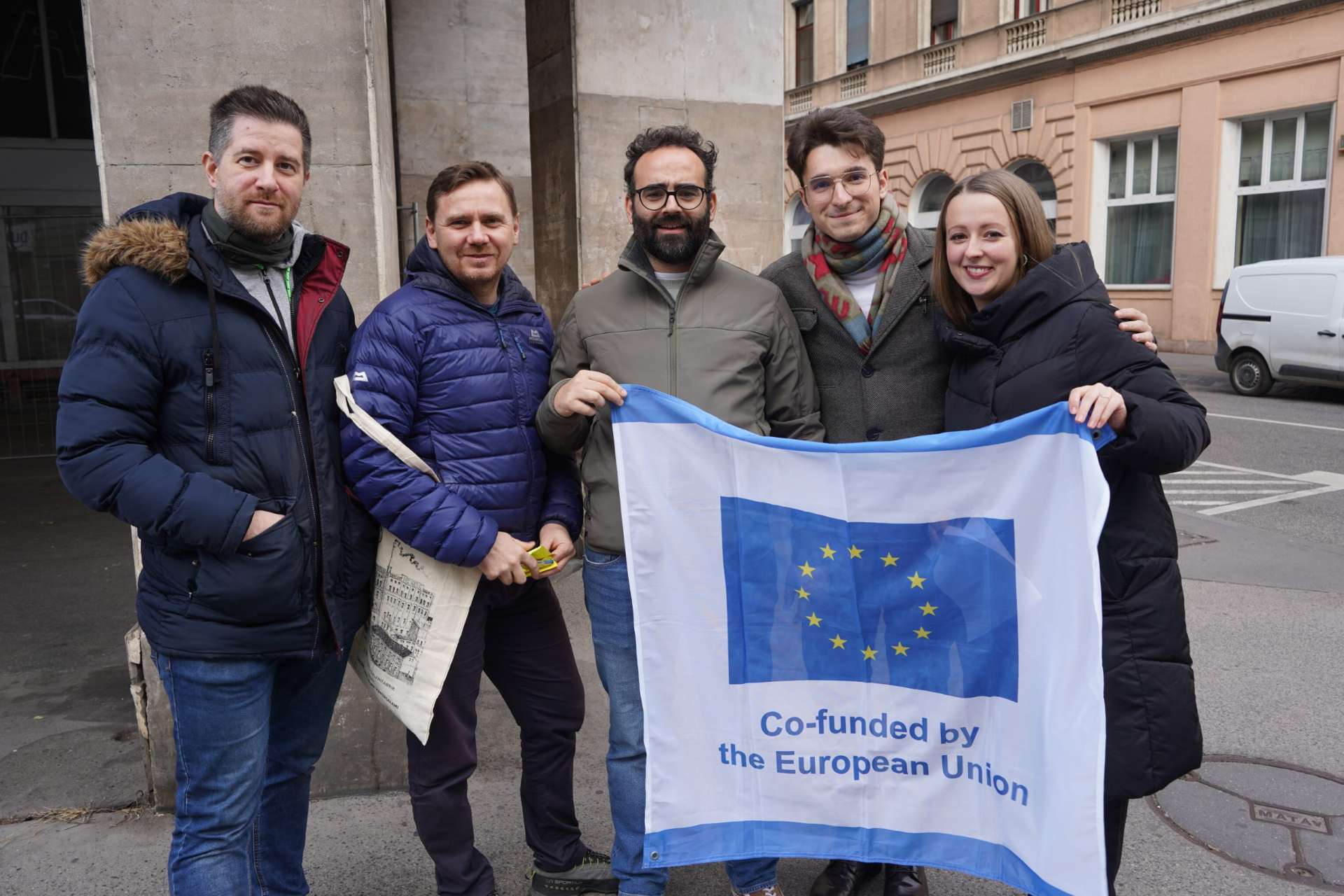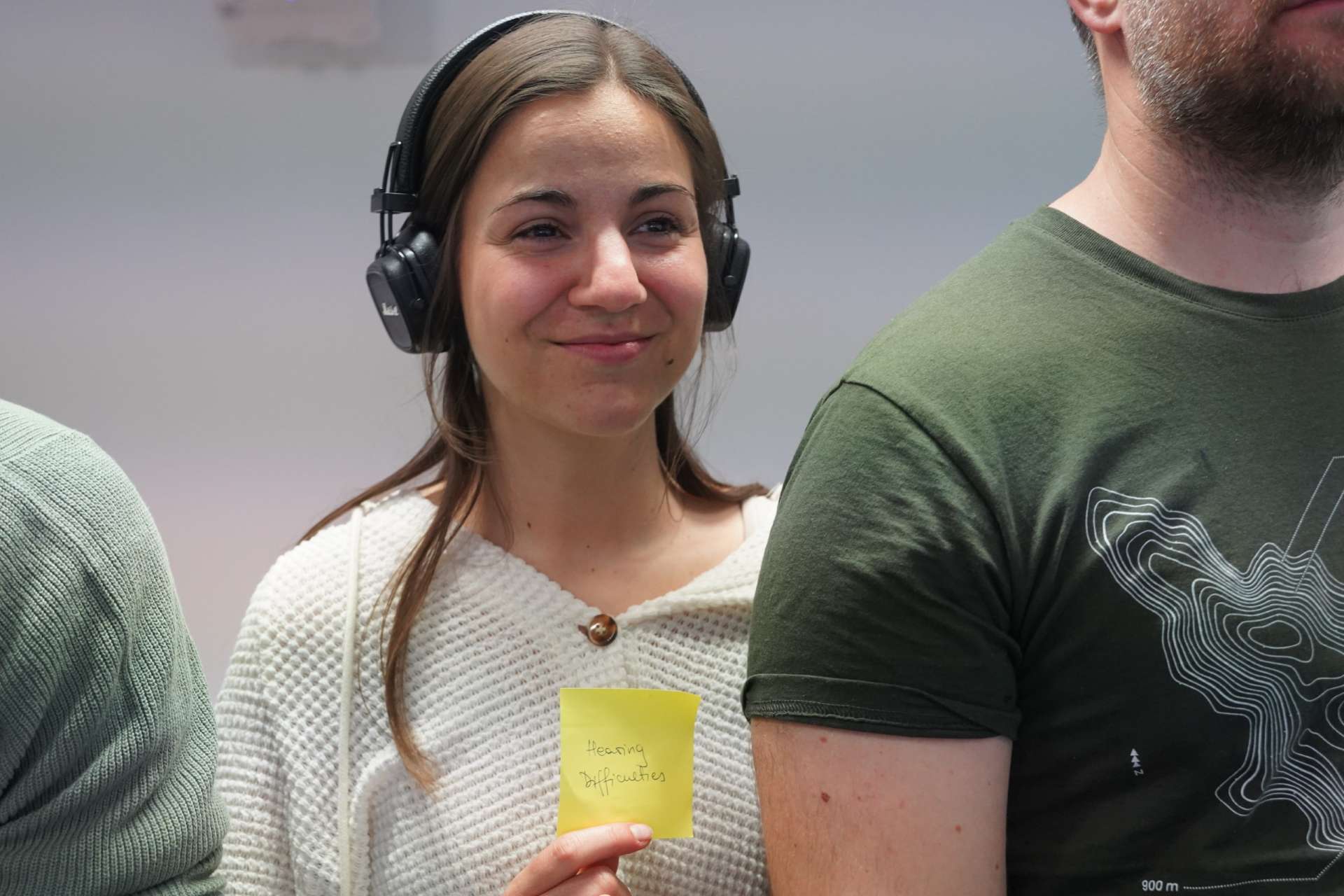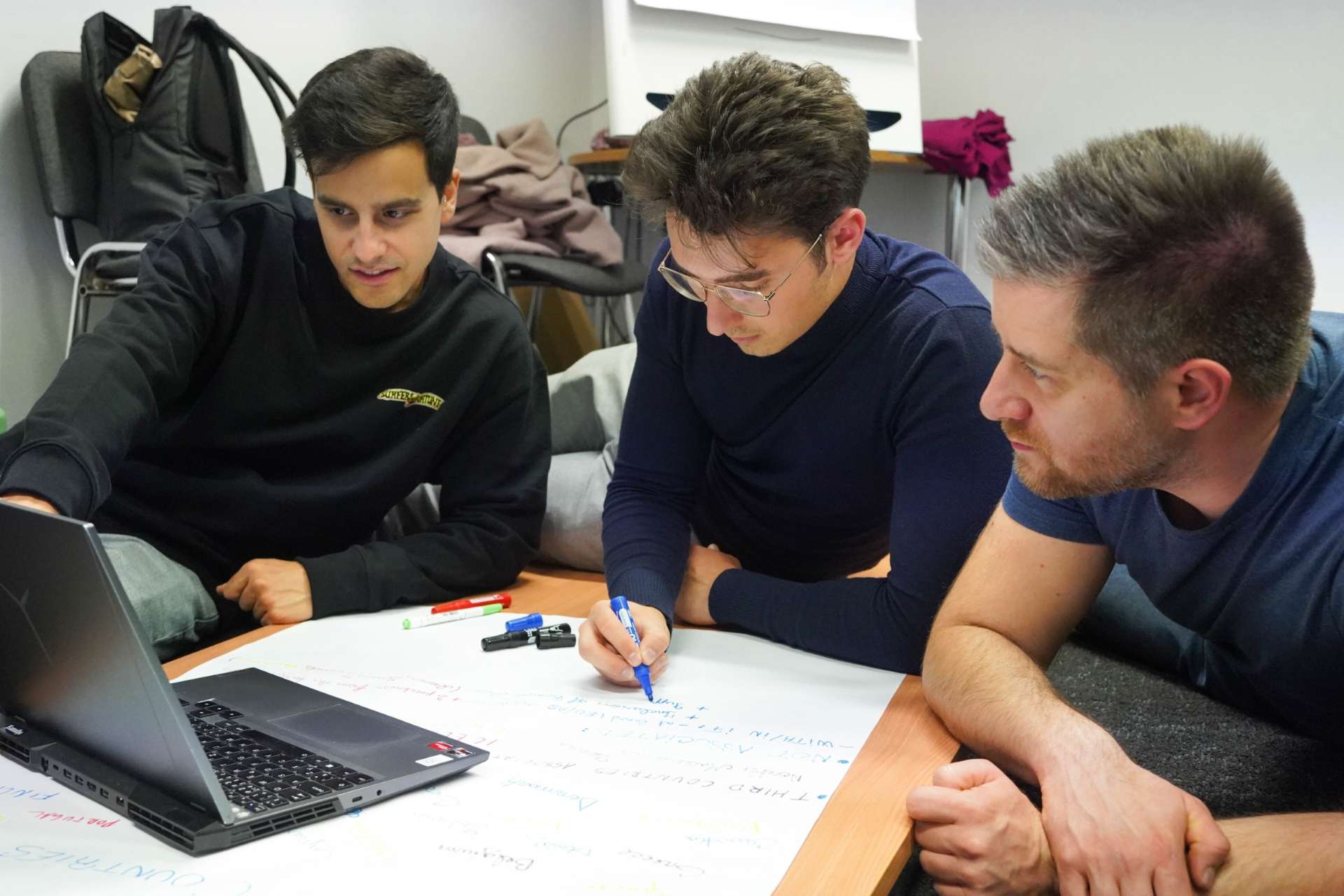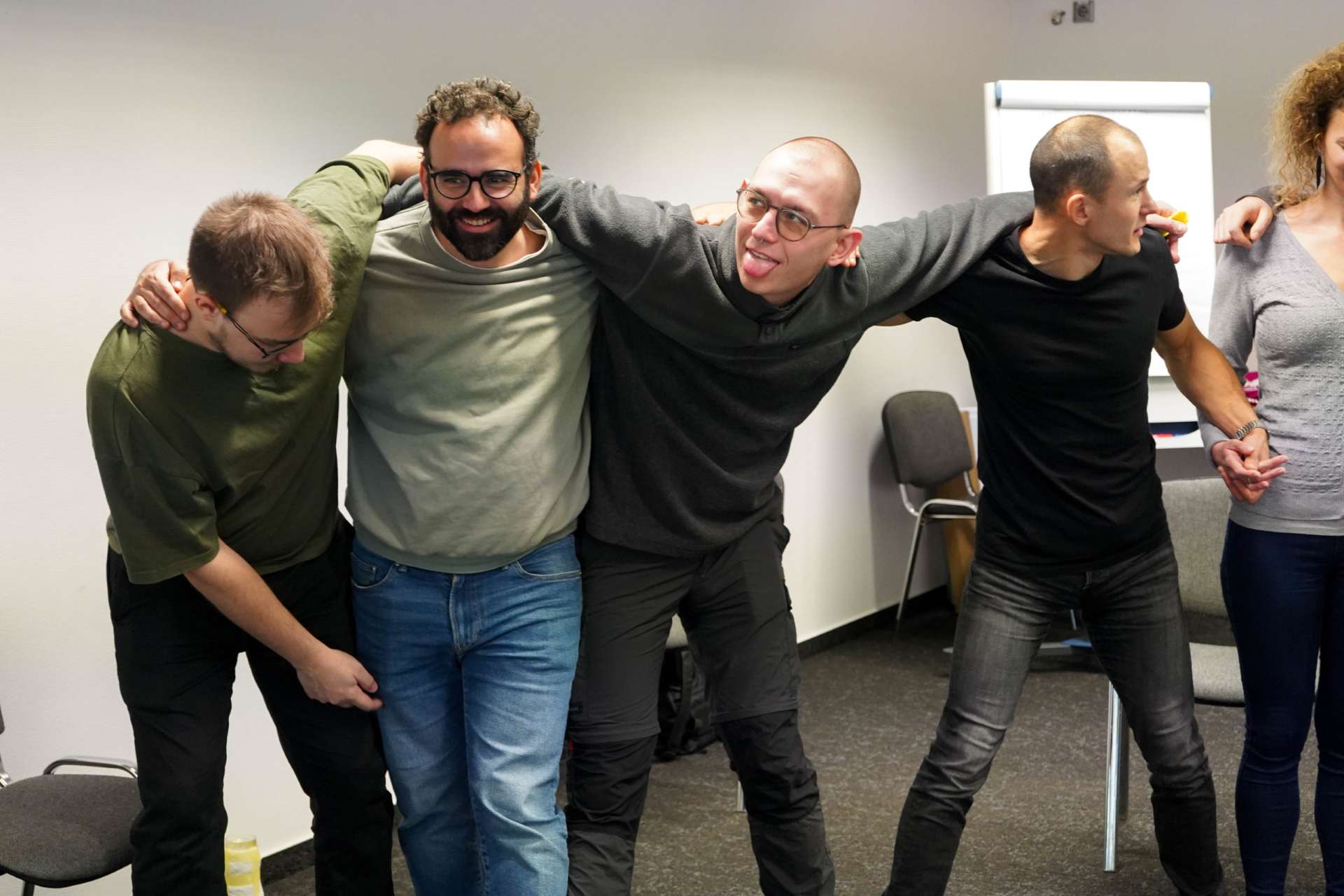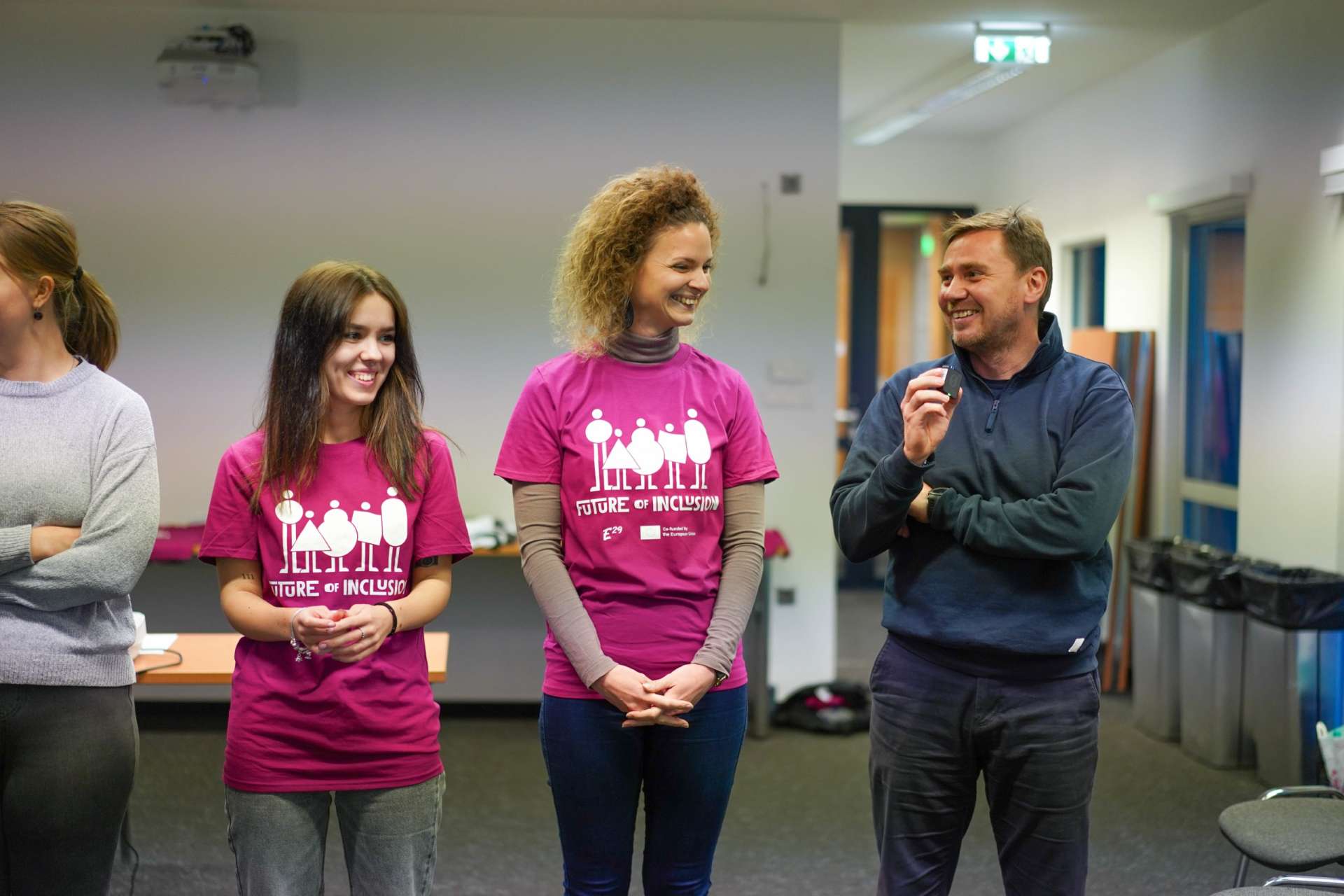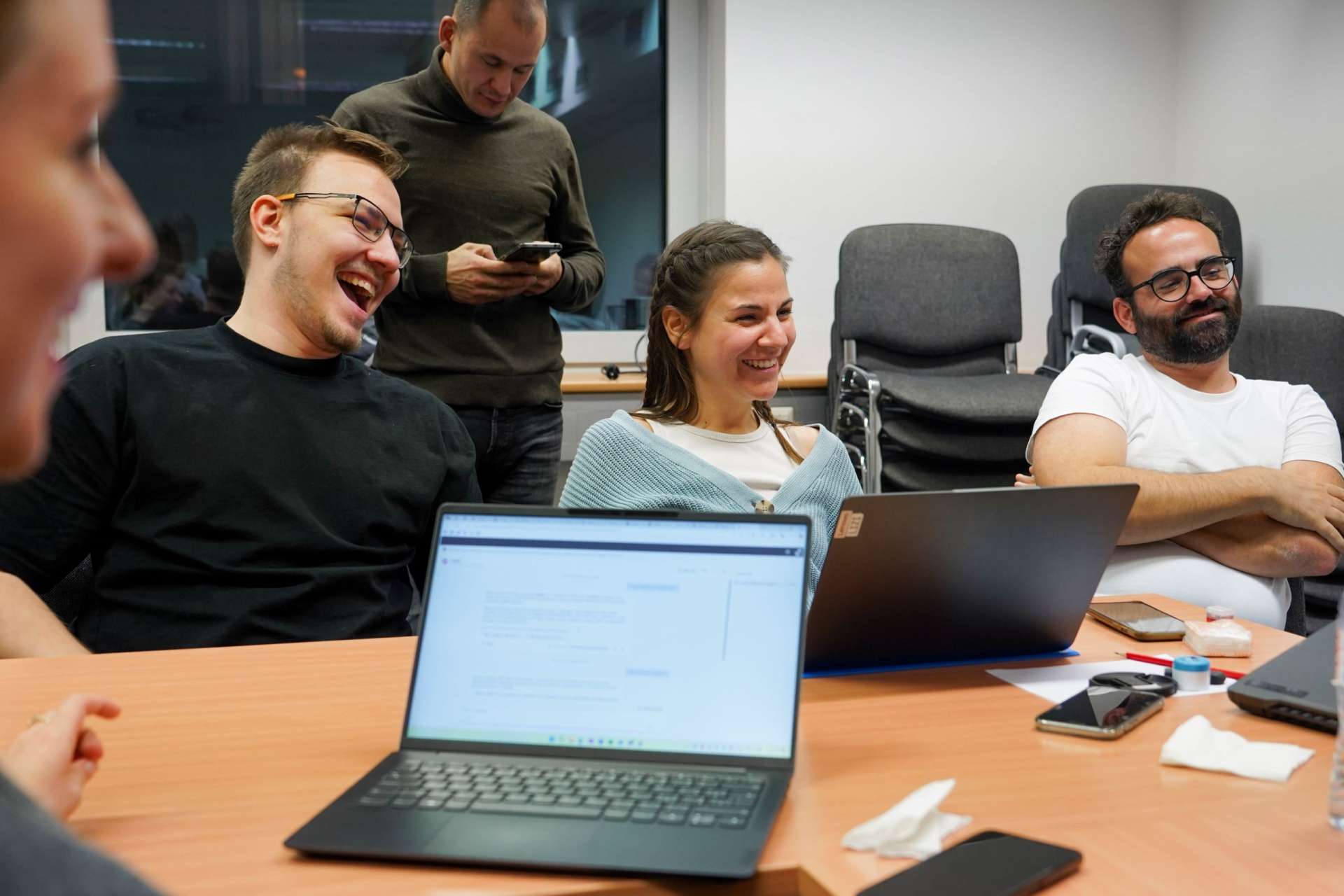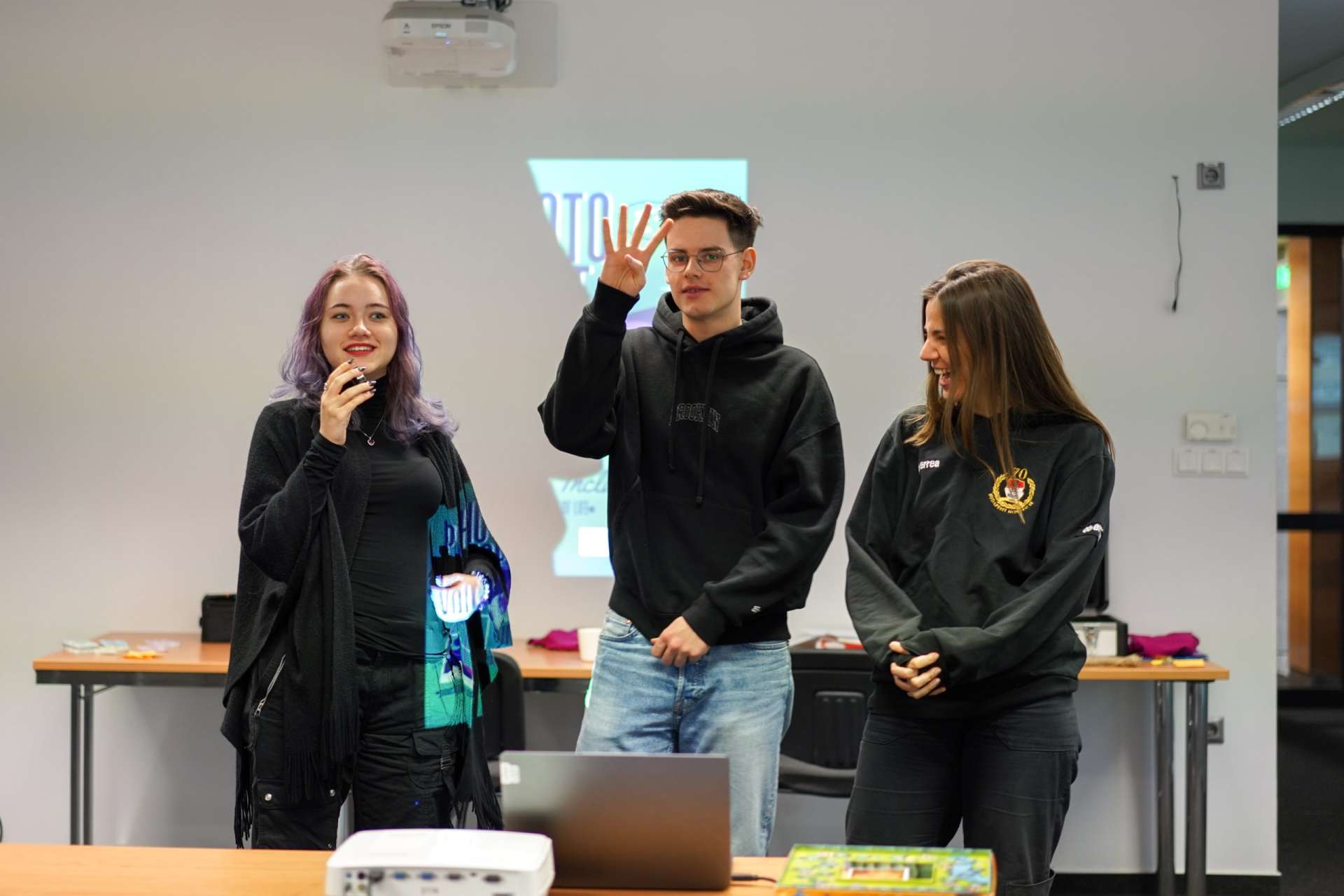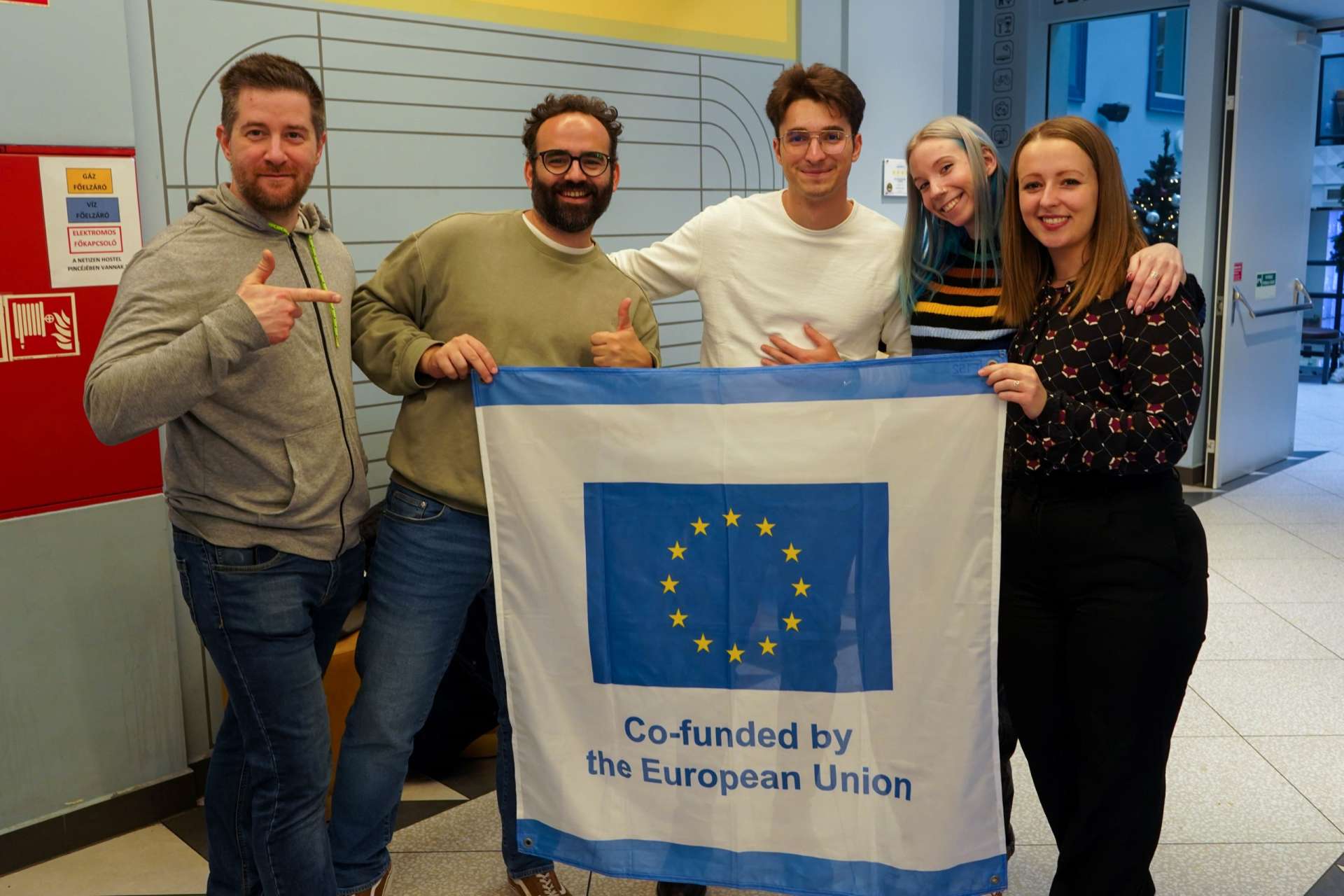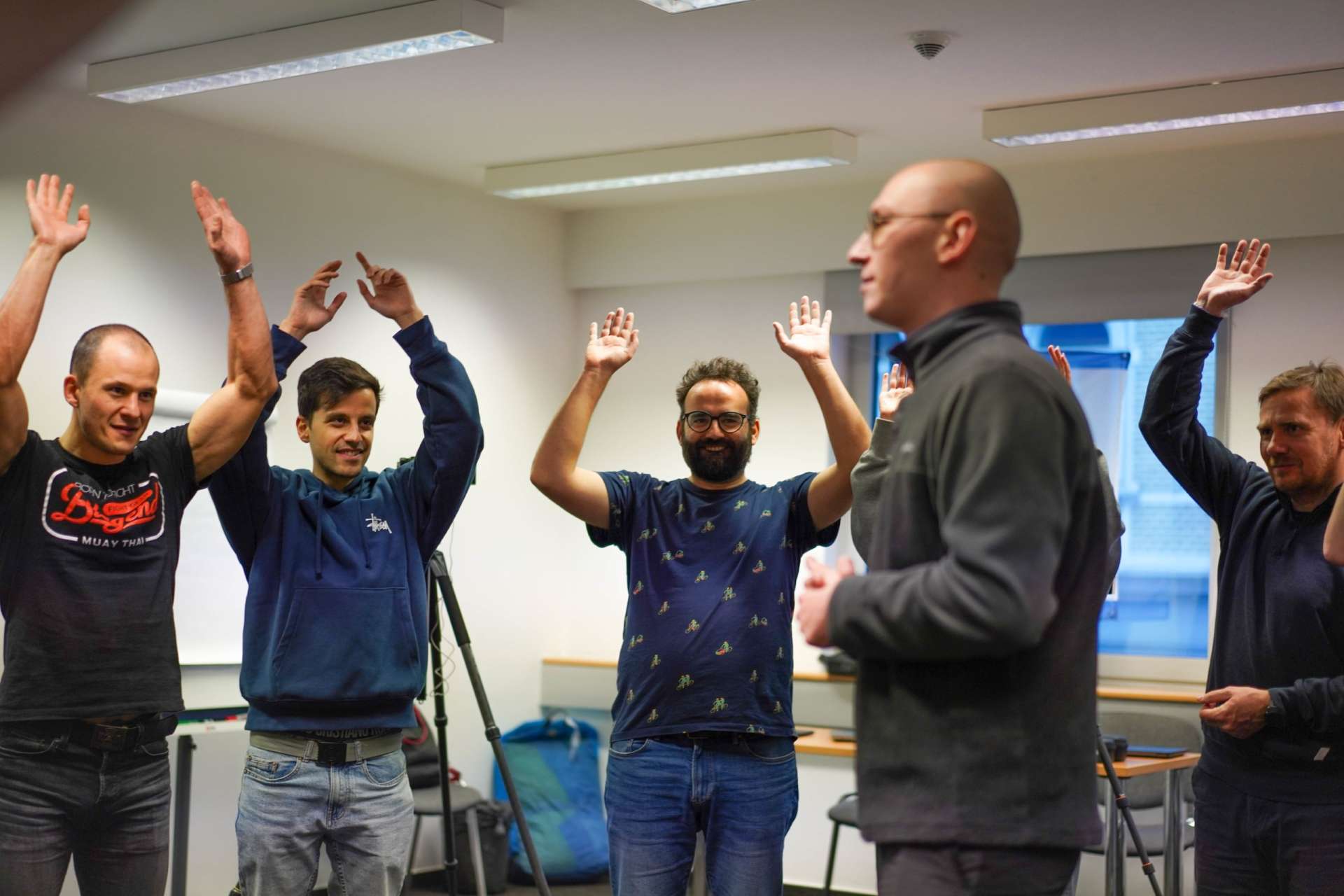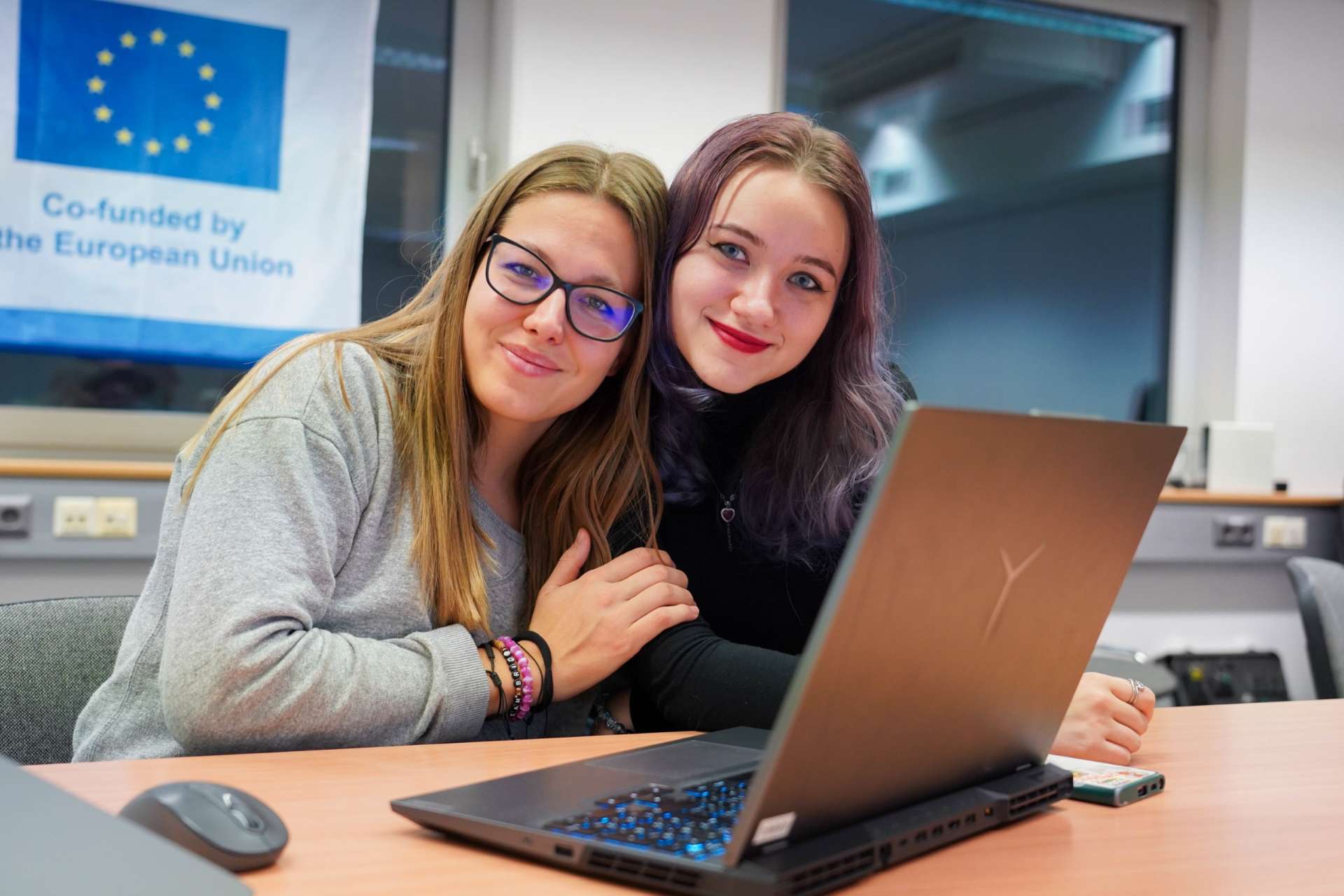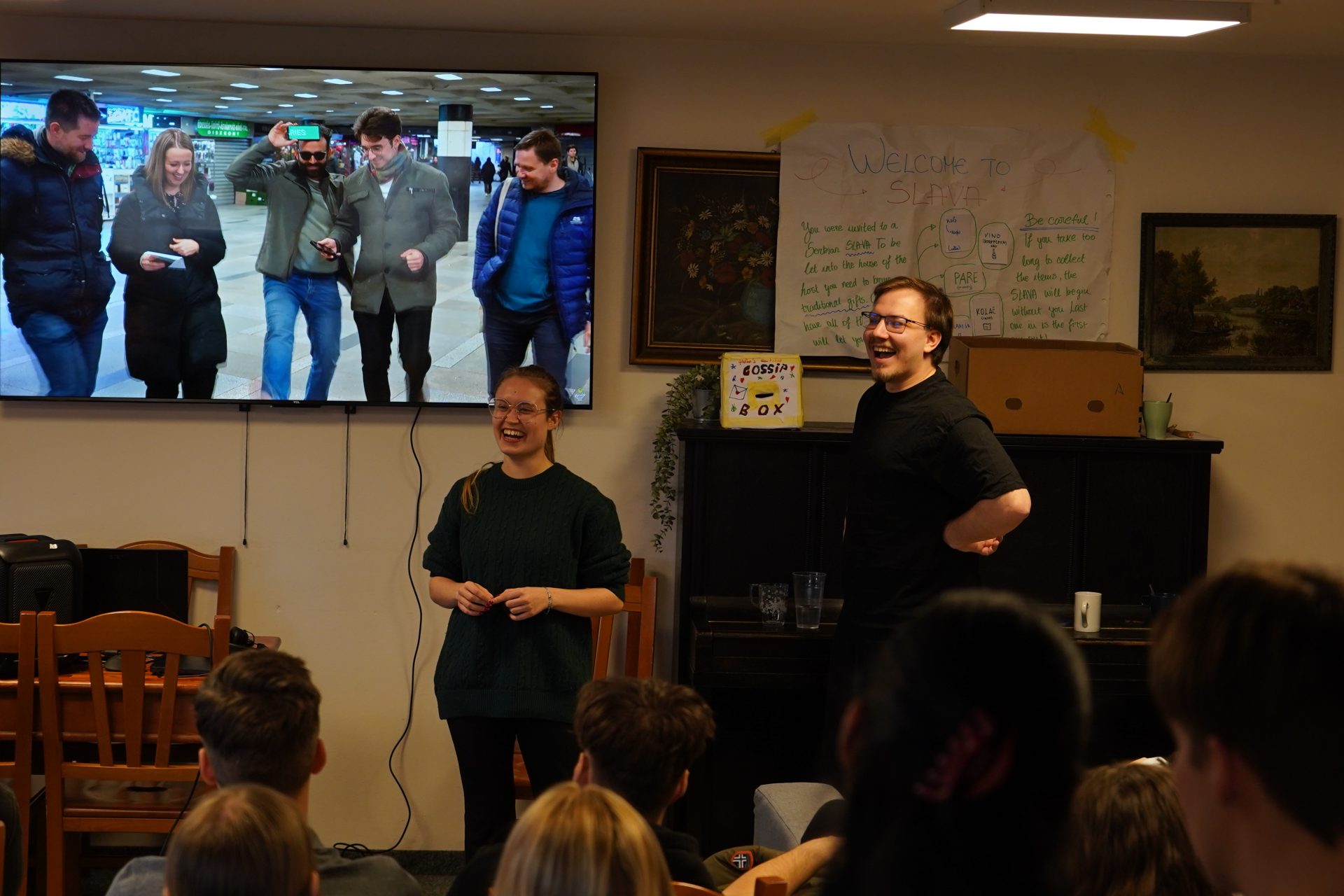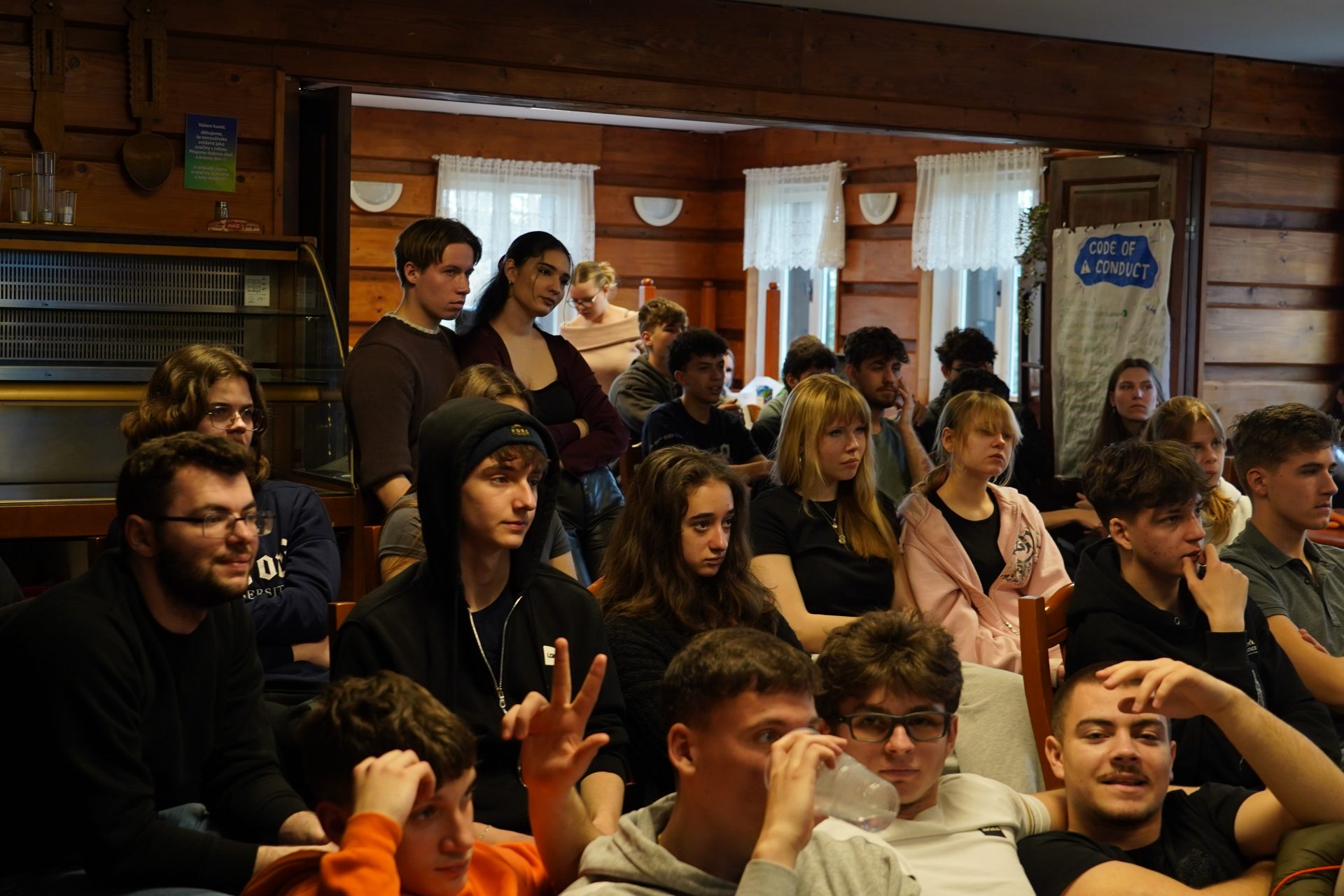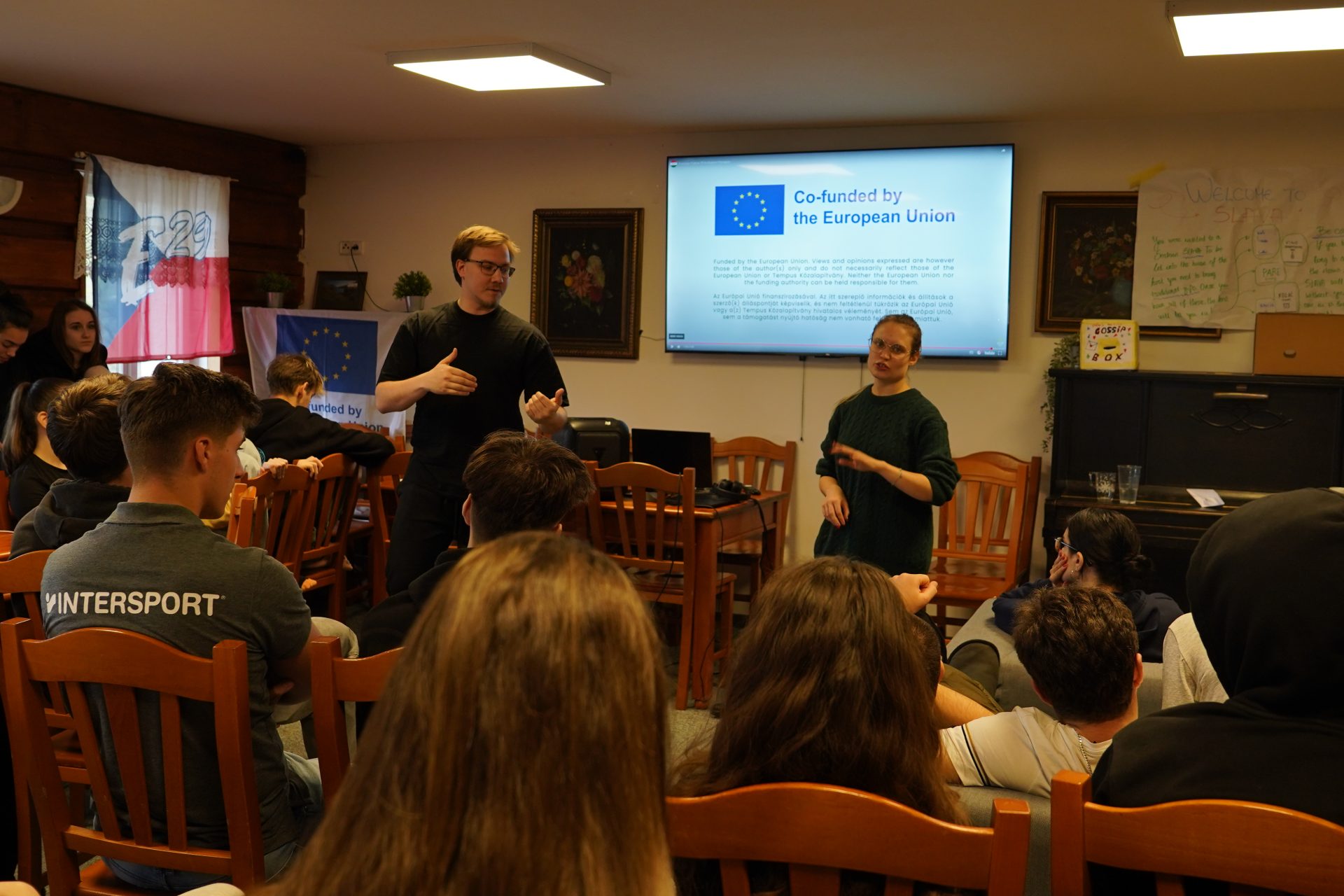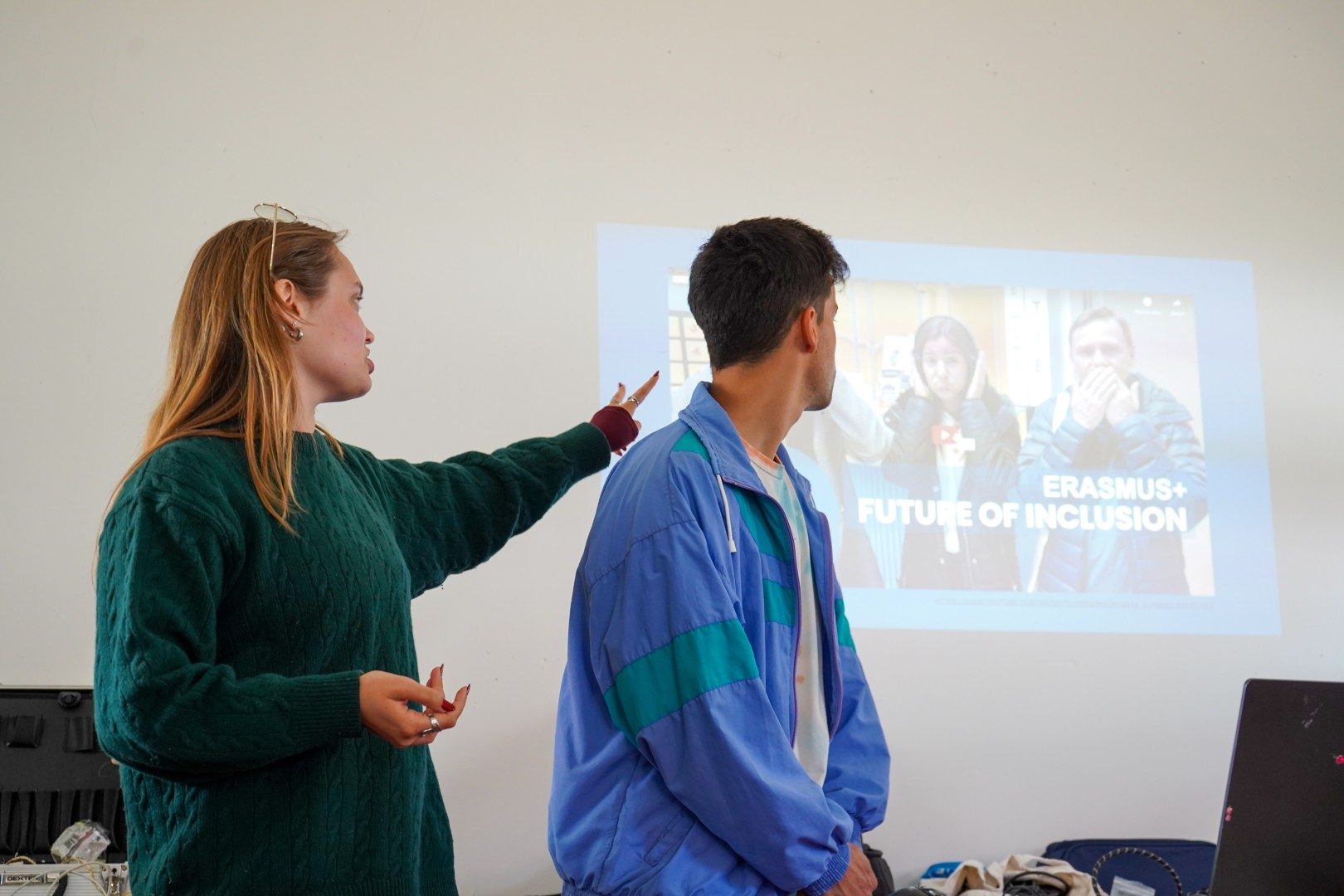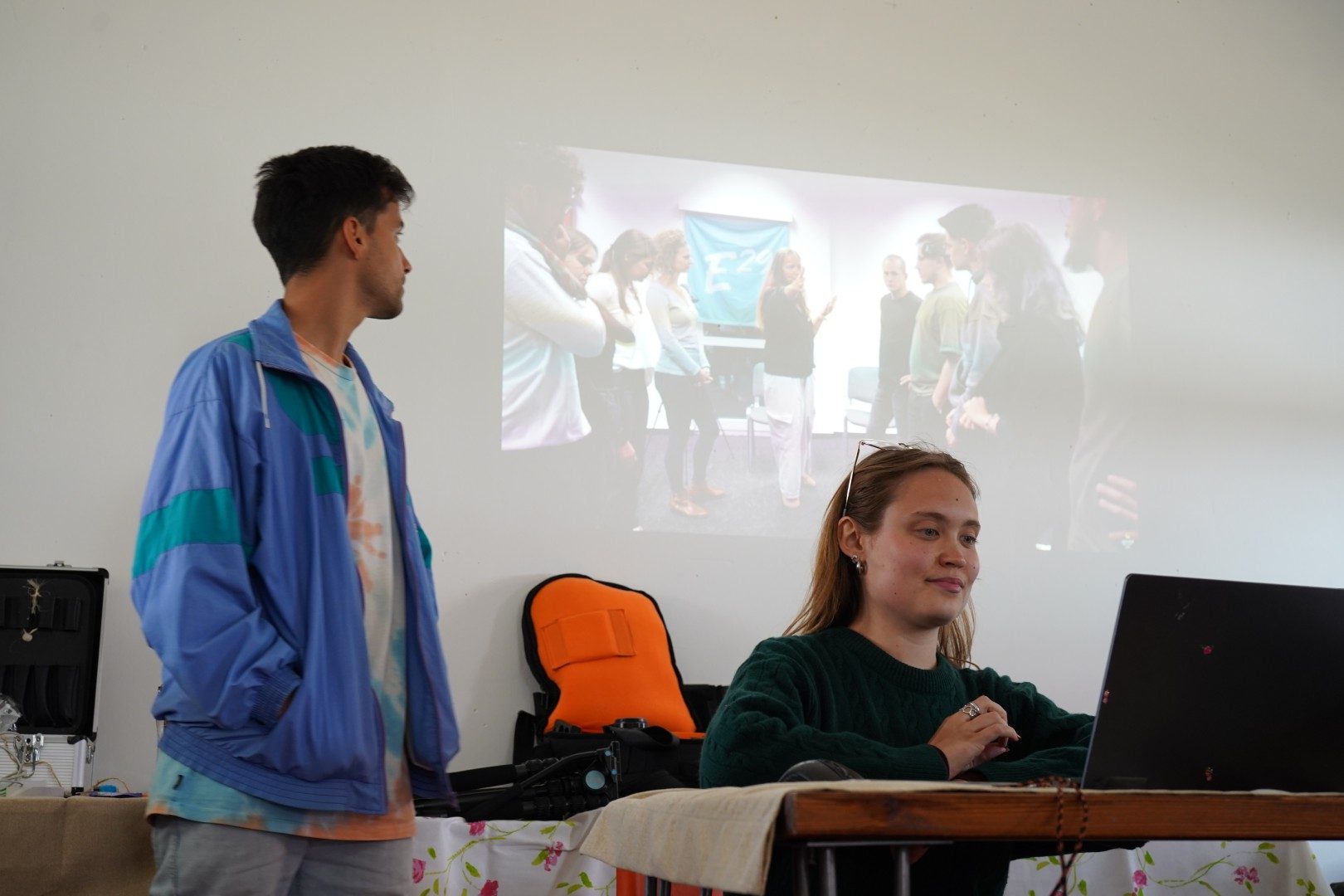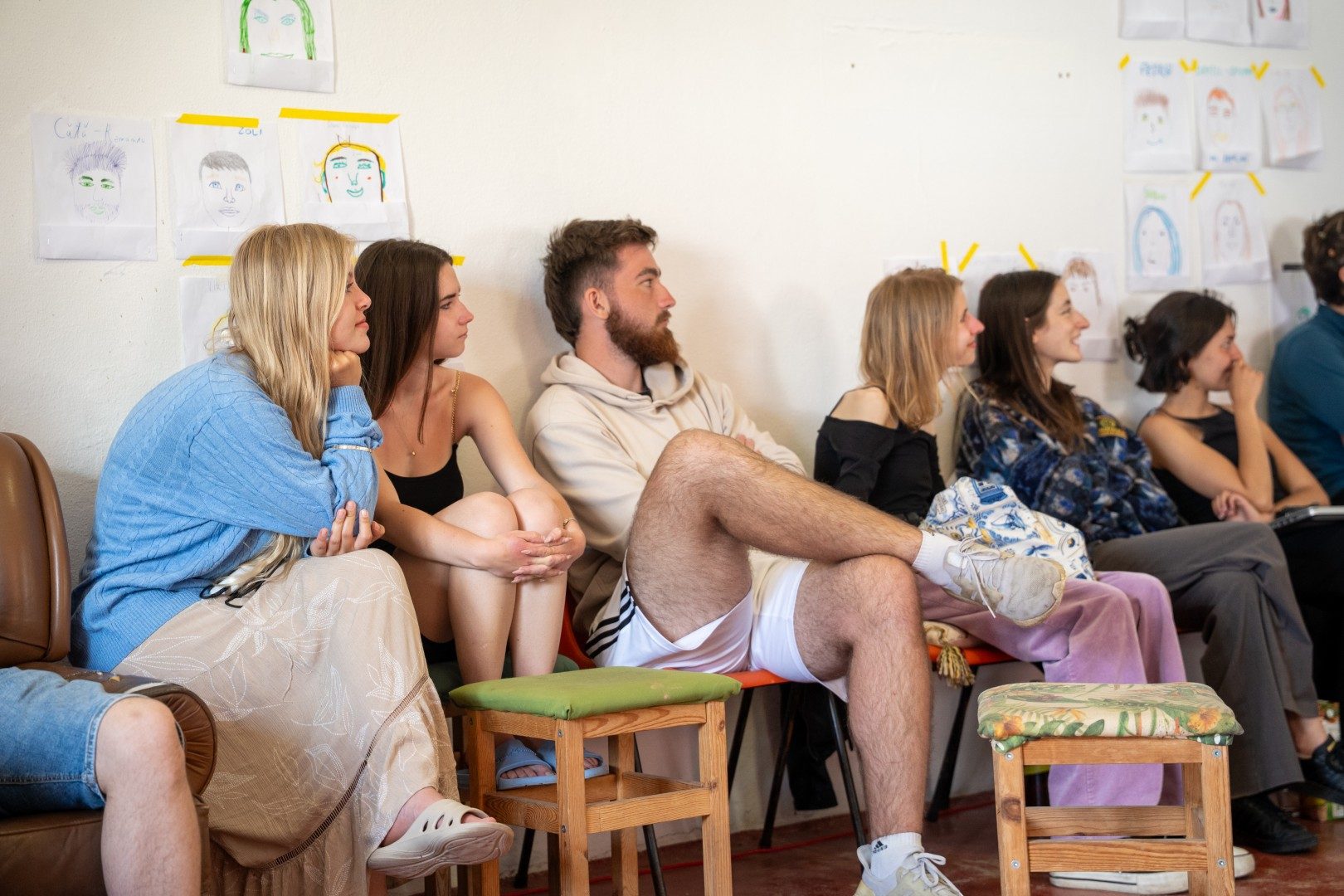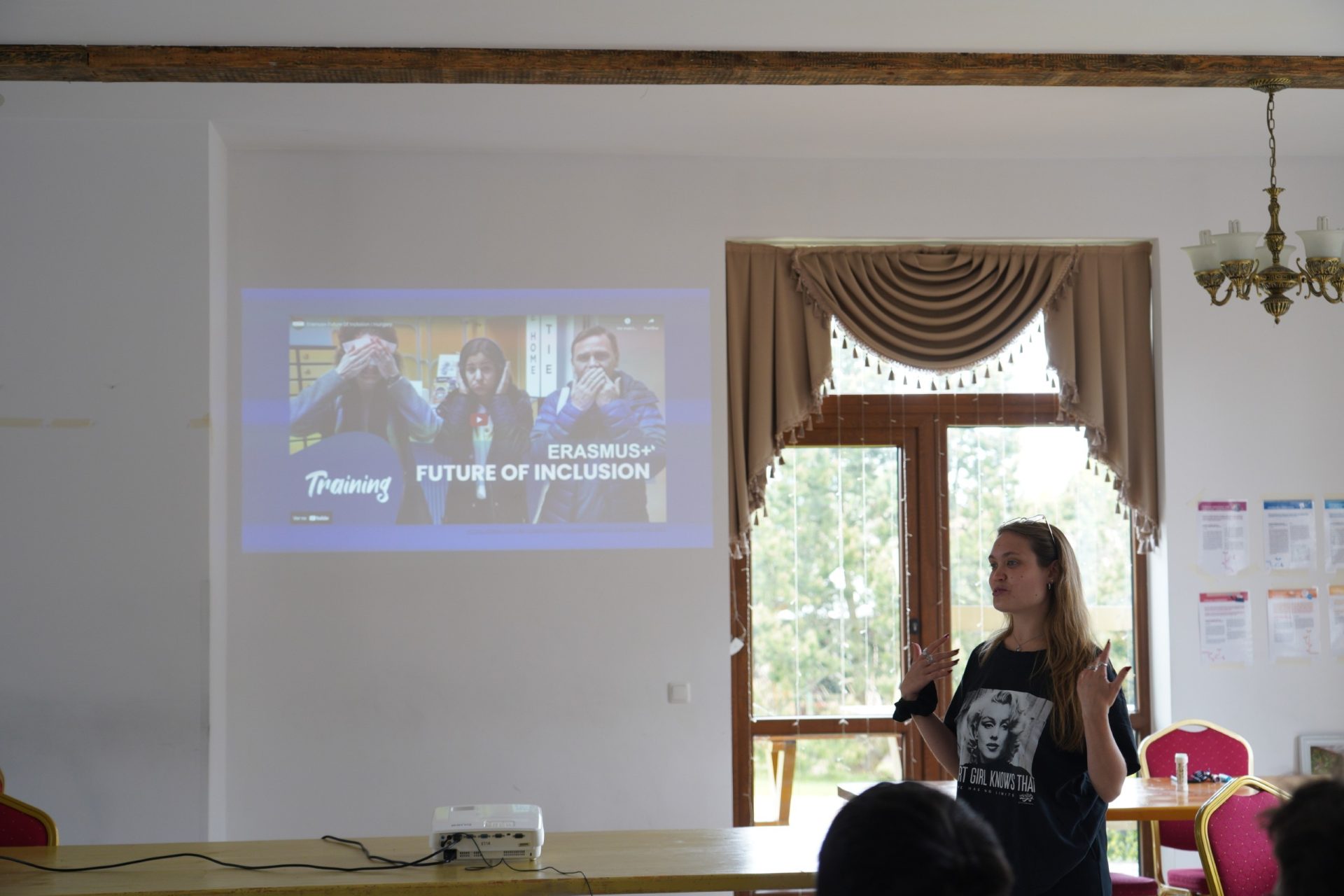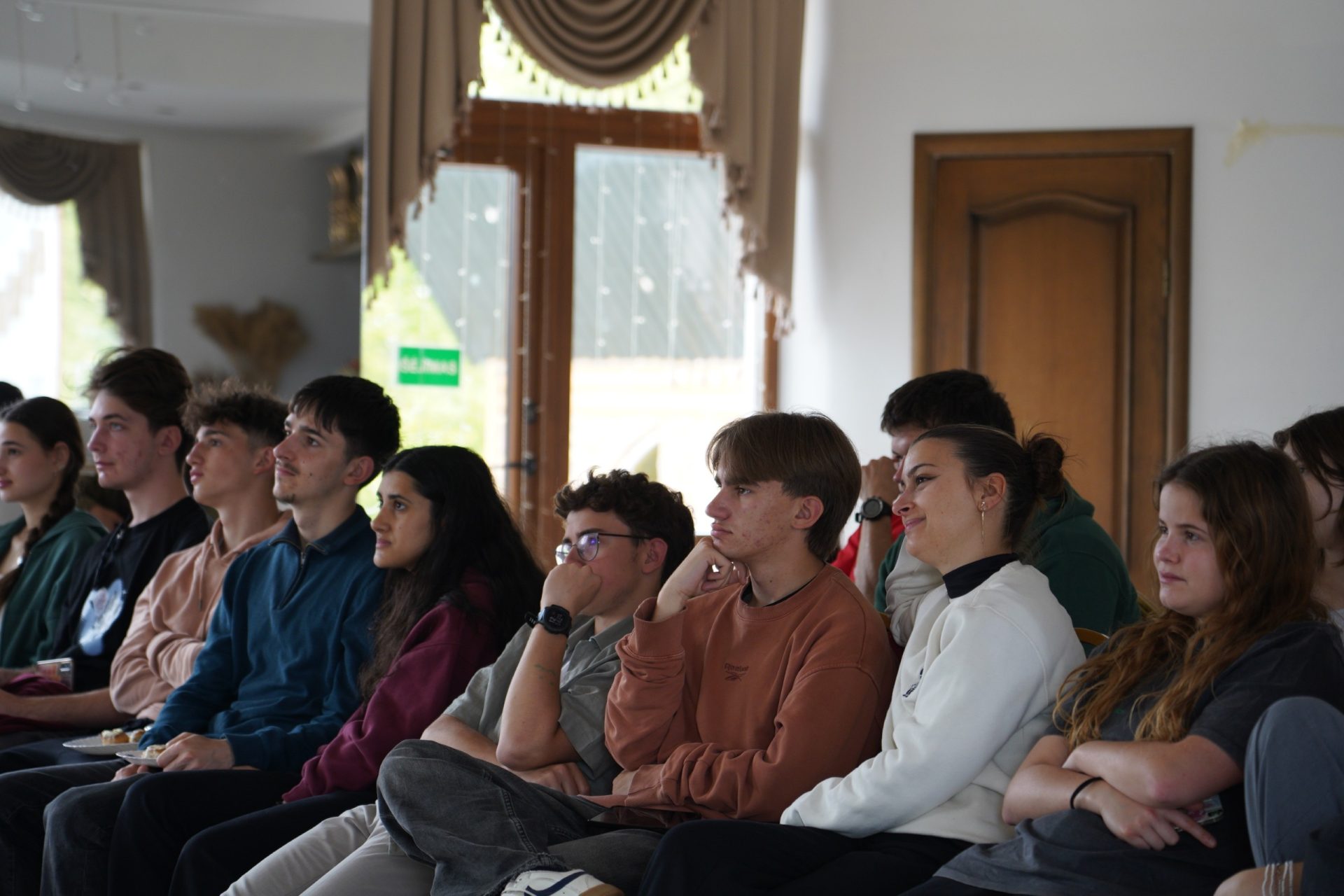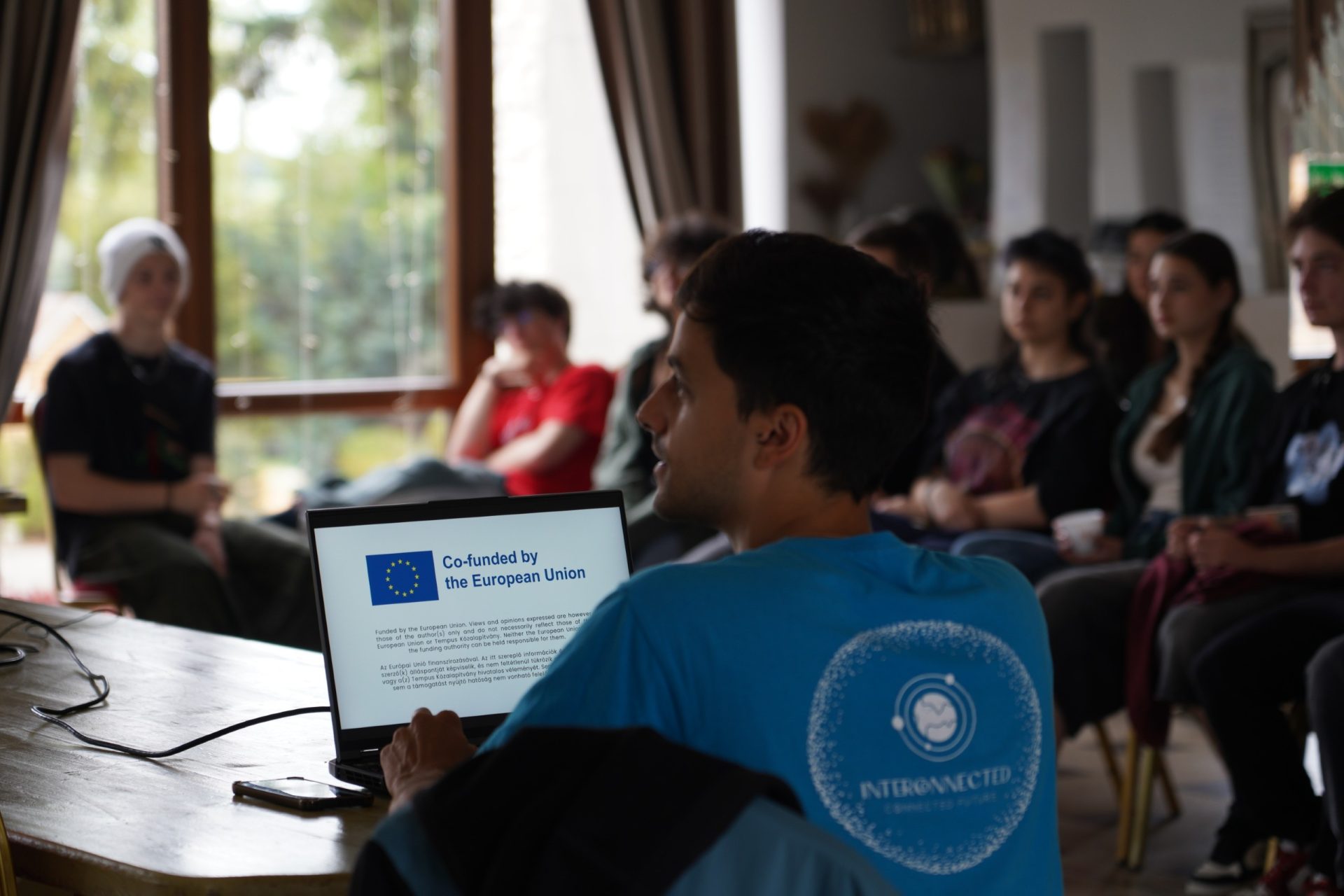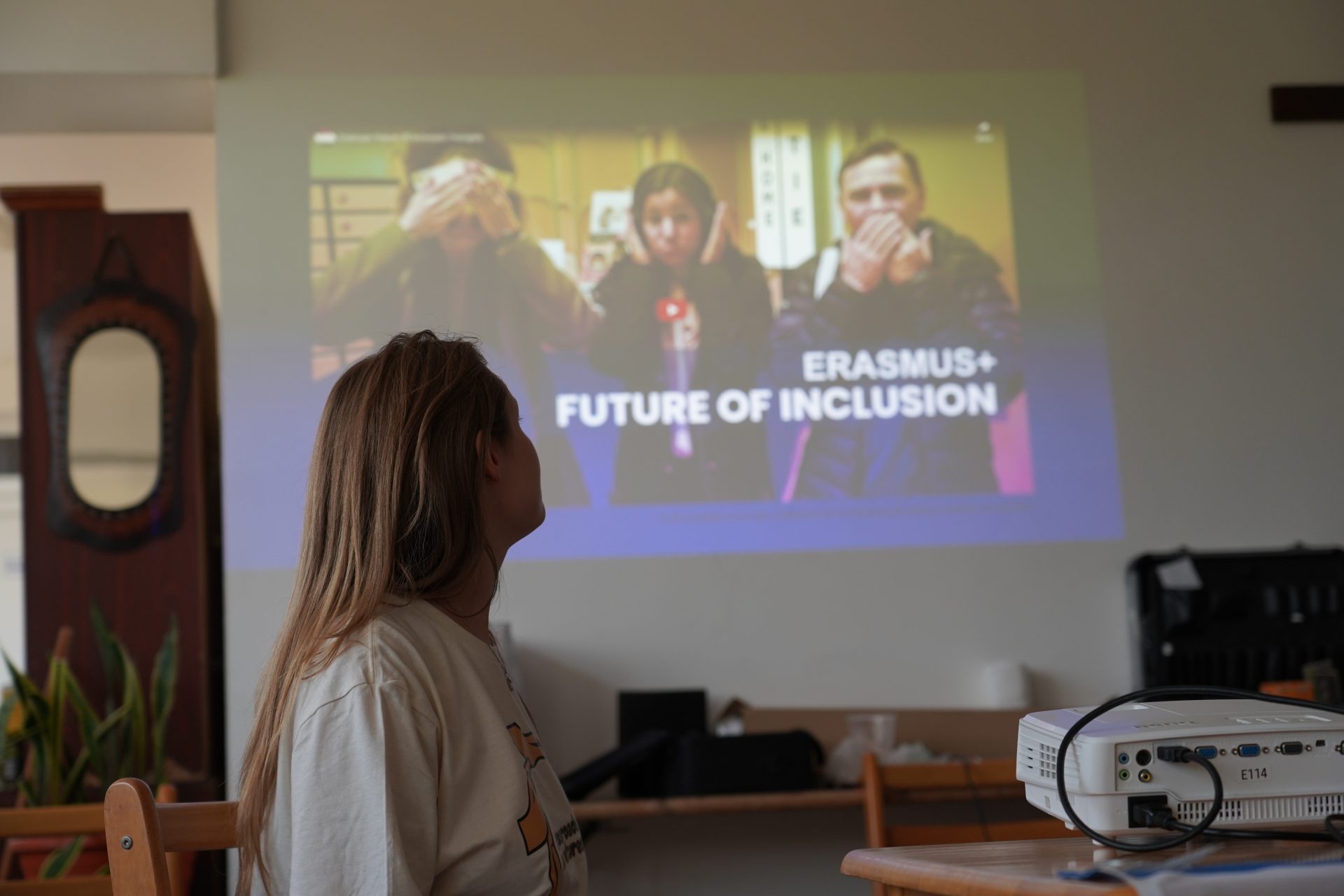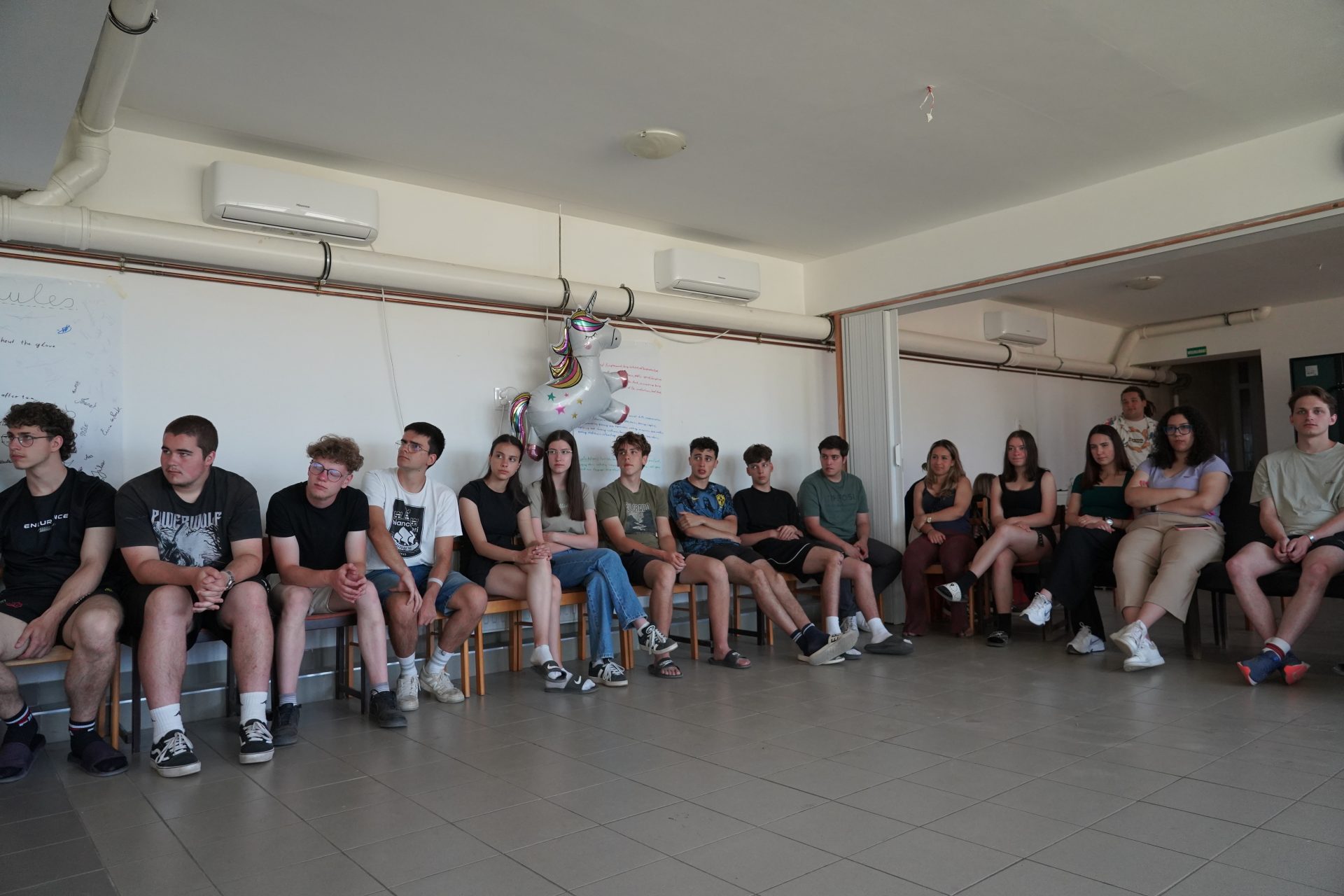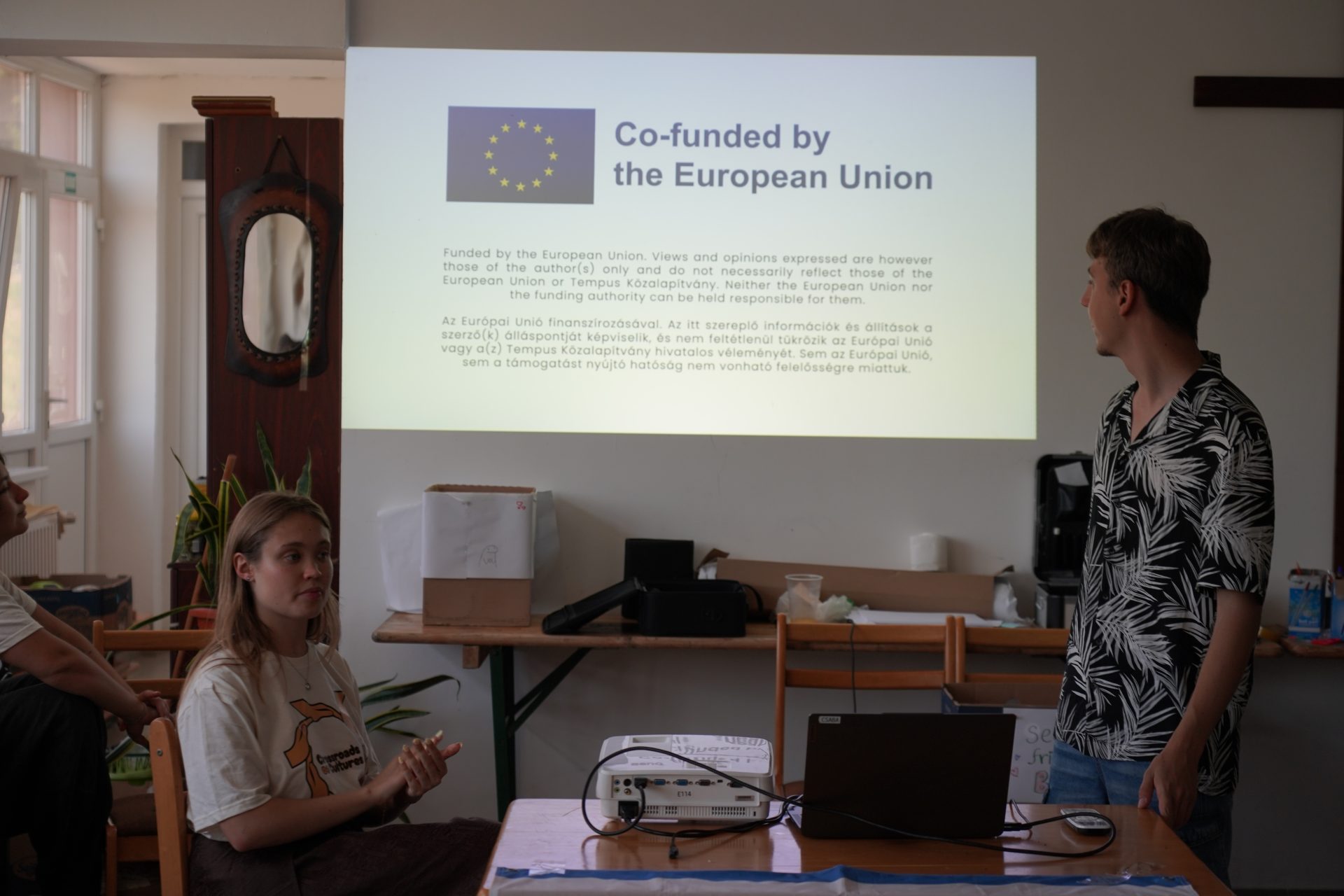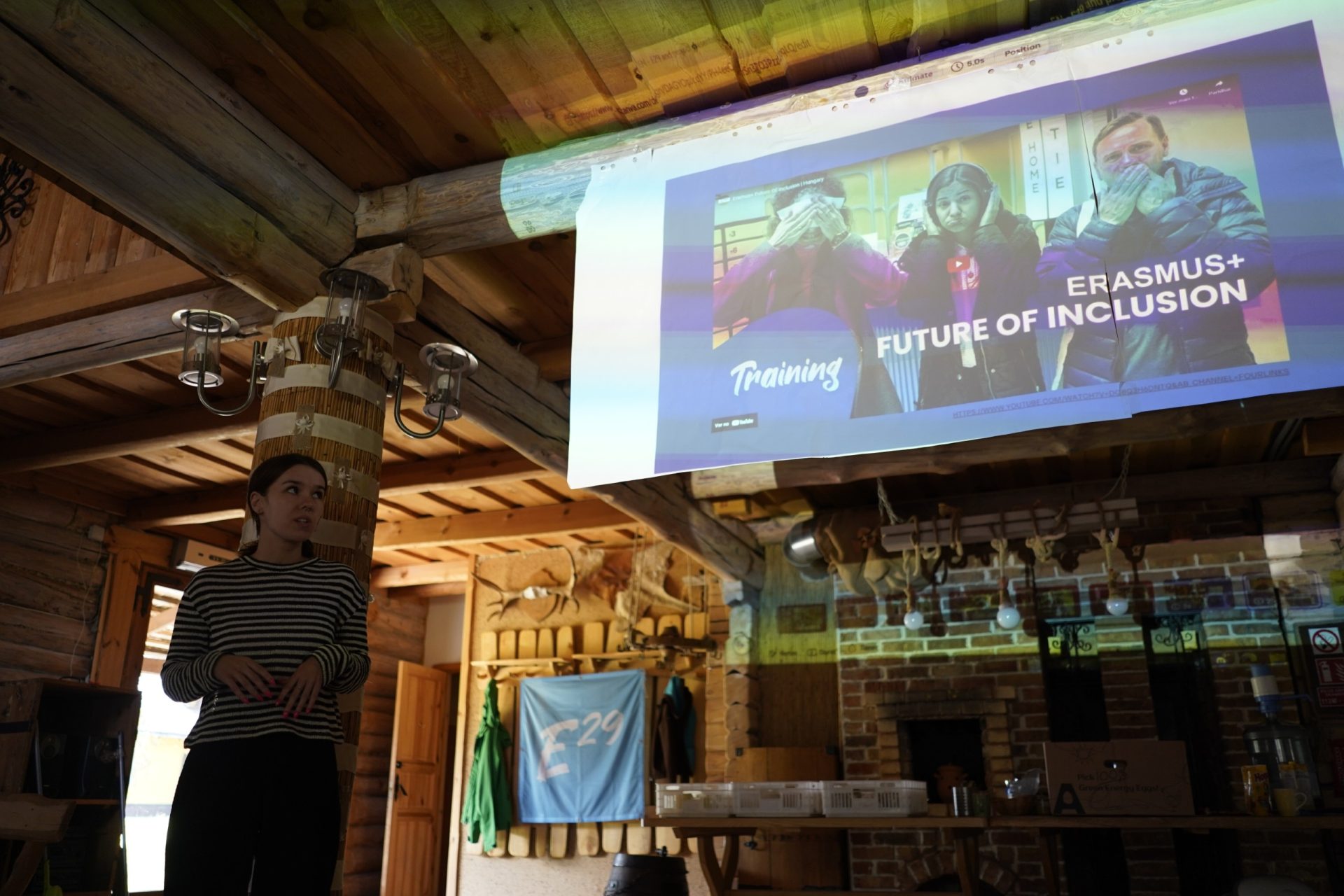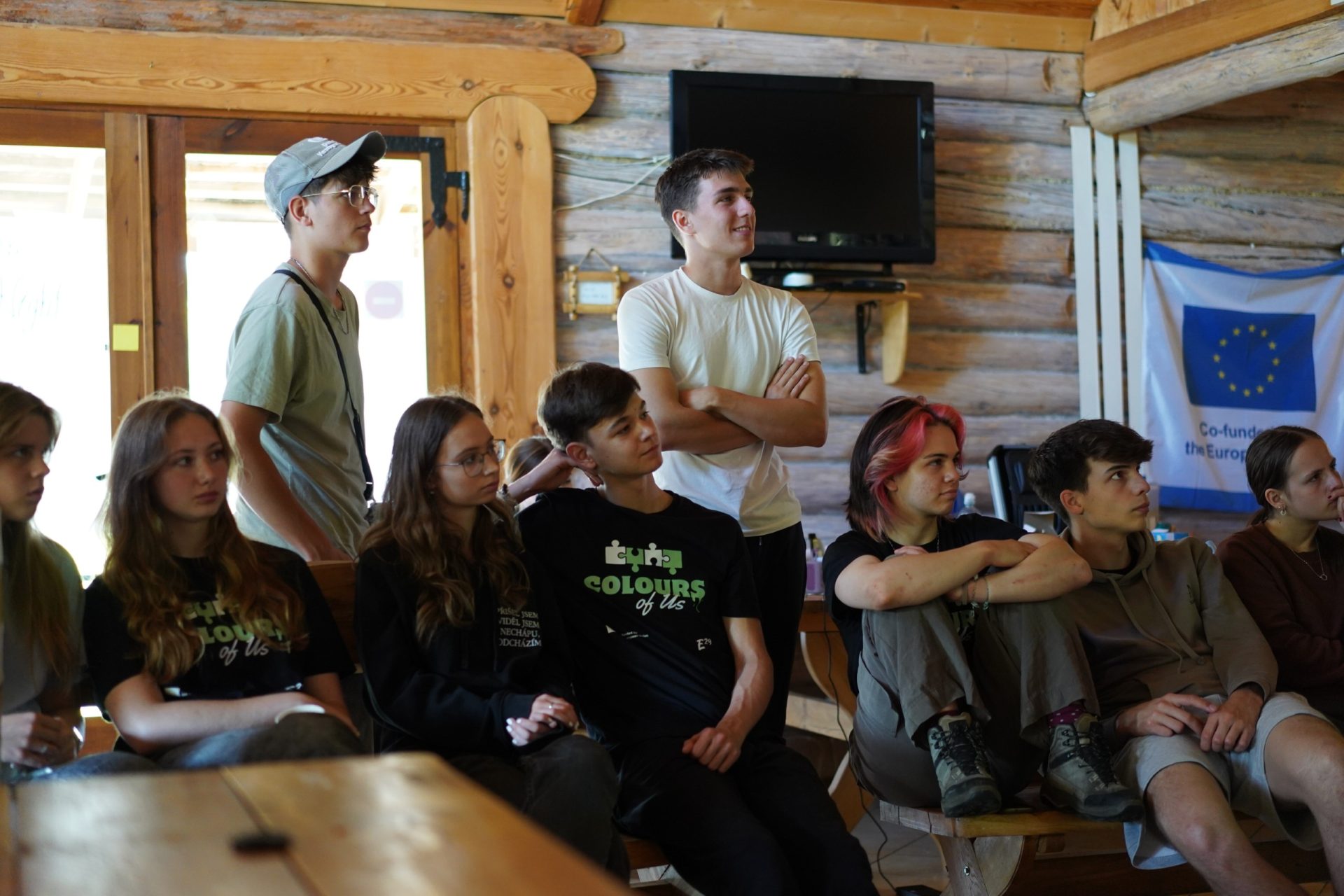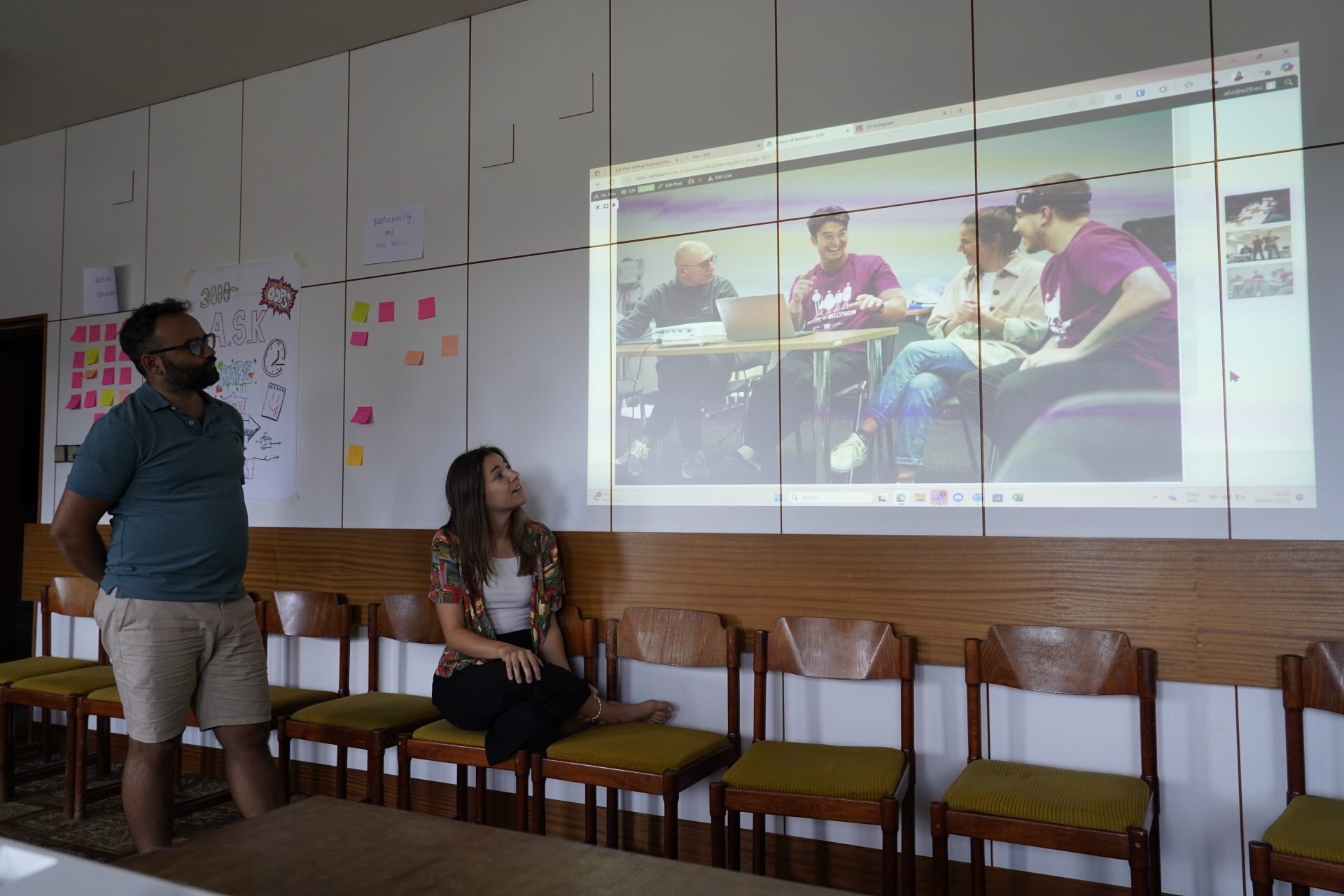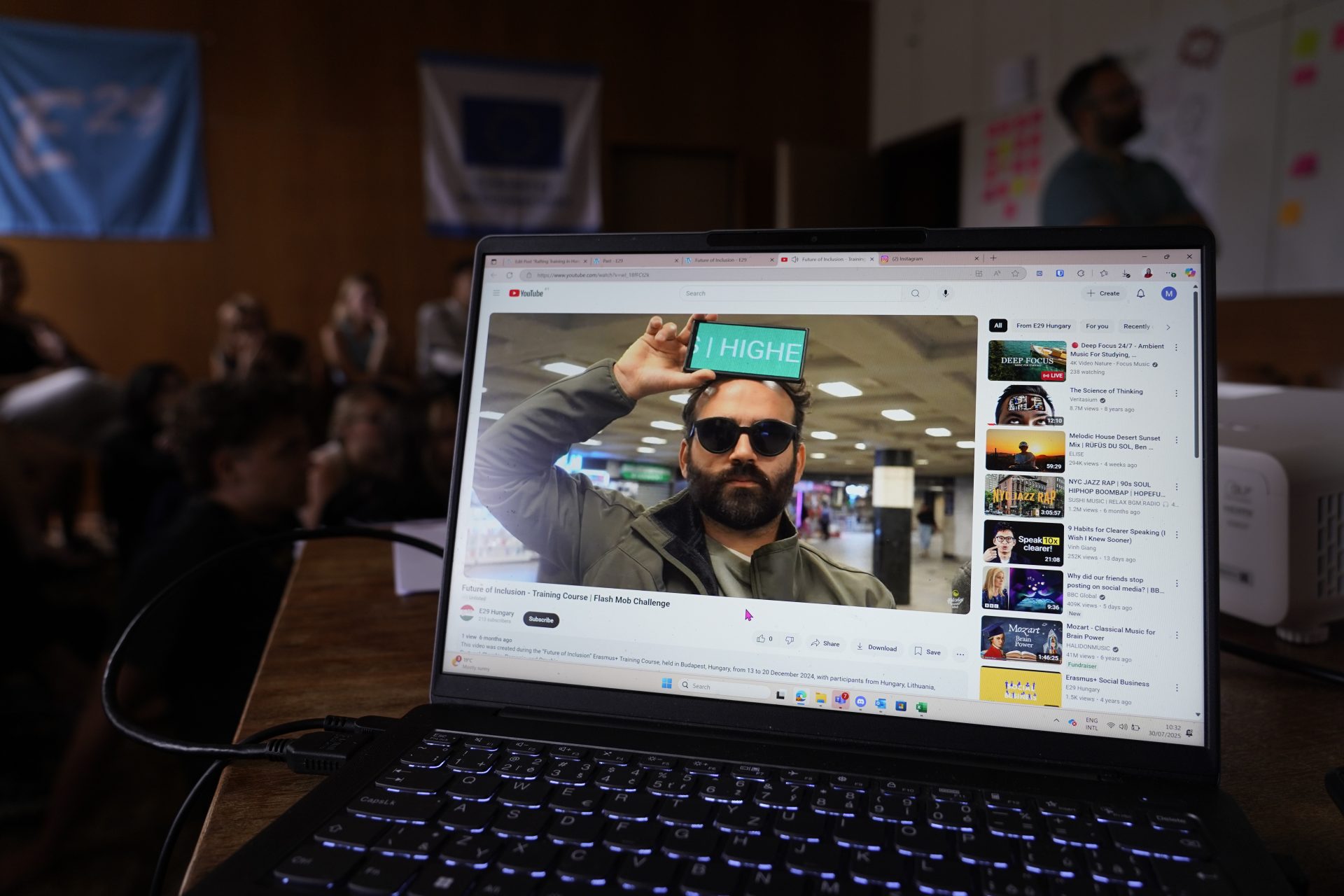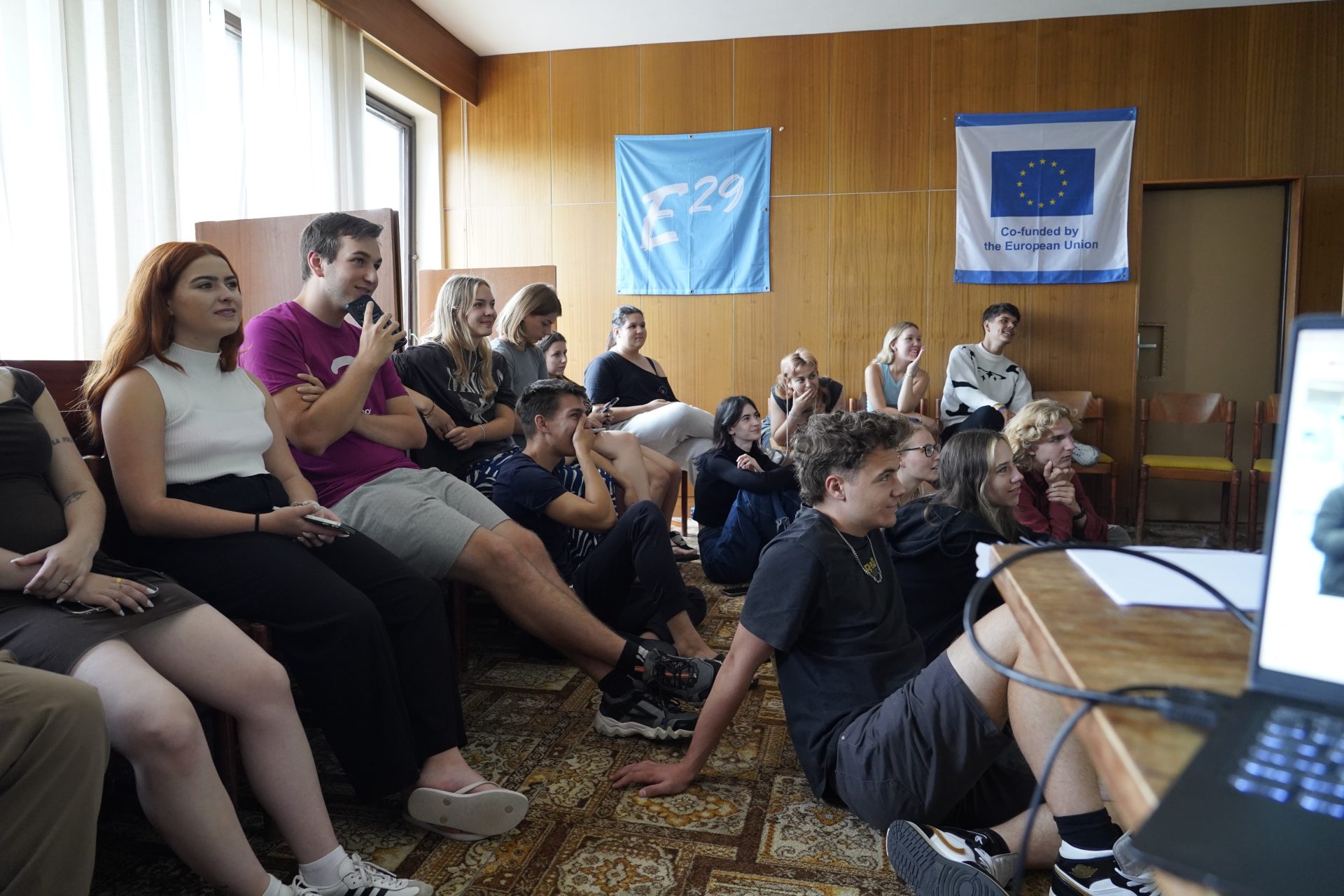Video Recap of Future of Inclusion
Topic
Inclusion and Diversity
Activity Dates
14.12. – 19.12.2024
Countries
🇭🇺 🇵🇹 🇸🇰 🇷🇴 🇨🇿
Location
Budapest, Hungary
A Beautiful Setting and a Shared Mission
Budapest, a city that blends history with modern vibrancy, became the setting for the Future of Inclusion training course, which gathered youth workers from Hungary, Portugal, Slovakia, Romania and Czechia. The city’s cosmopolitan atmosphere and inclusive spirit provided the ideal backdrop for a programme of shared learning, collaboration, and reflection.
The programme was designed to equip participants with the knowledge, skills, and mindset needed to embed diversity and inclusion at the heart of Erasmus+ projects. From the start, activities encouraged openness, trust, and dialogue, inviting participants to reflect on their expectations, consider what inclusion means in their own realities, and commit to building an environment of cooperation and mutual respect.
From Theory to Practice
The training combined theoretical input with hands-on practice. Workshops introduced the priorities of the Erasmus+ programme, while collaborative exercises translated abstract concepts into practical strategies. Project design simulations, teamwork challenges, and role-based activities gave participants the chance to experience inclusion in action, strengthen leadership and communication skills, and discover new ways of making youth work more accessible and impactful.
A key focus of the programme was digital competence. Participants explored tools to make projects more inclusive and efficient, while also engaging in discussions around online safety and cybersecurity. These sessions ensured that youth workers are prepared not only to innovate with digital methods, but also to protect both themselves and the young people they support.
Learning Through Exchange
Equally important were the opportunities for peer exchange and collective creativity. By sharing experiences from their different national contexts, participants enriched one another’s perspectives and co-created approaches that could be applied across Europe. Informal moments and shared experiences complemented the structured sessions, strengthening bonds and transforming the group into a cohesive and supportive community.
A Lasting Impact
The Future of Inclusion was ultimately more than a training course. It was a transformative journey that blended learning with personal growth, professional development with human connection. Participants left Budapest not only with concrete tools and strategies for inclusive project management, but also with a renewed motivation to make inclusion a lived reality in their organisations and communities. Together, they carry forward the commitment to shape a future where inclusion is not just an idea, but a practice embedded in every aspect of Erasmus+ and youth work.
Results
Some of the cool things we did during this activity.
Mission Impossible: A Hands-On Challenge
Participants worked in teams while facing simulated barriers—like limited mobility, vision, speech, or hearing—to experience the challenges of inclusion and explore how to collaborate more effectively.
Understanding Erasmus+: Priorities, Access & Participation
Participants teamed up to explore key Erasmus+ topics and presented their findings on flipcharts, helping everyone better understand the program’s structure, priorities, and opportunities.
Non-Formal Education Methods
In this session, participants were introduced to a variety of non-formal education methods, learning about their purpose, core principles, and how they can be applied in Erasmus+ projects.
Project Simulation
Participants used role-plays to bring their Erasmus+ project ideas to life, highlighting key phases while exploring inclusion, teamwork, and practical challenges.
Hopes, Fears & Shared Commitment
Photo Gallery
A few more moments from this activity :)
Dissemination Events
Our participants actively took part in a wide range of dissemination and exploitation activities, sharing the knowledge, skills, and experiences gained during the activity within their communities.
Rokytnice nad Jizerou, Czech Republic, March 2025
Dissemination by Tomas and Adriana, presented to 50 young people.
Colares, Portugal, May 2025
Dissemination by Pedro and Adriana, attended by 30 young people.
Bartninkai, Lithuania, May 2025
Dissemination by Adriana and Pedro, attended by 40 young people.
Bodrogkeresztur, Hungary, June 2025
Dissemination by Adriana, attended by 50 young people.
Labanoras, Lithuania, June 2025
Dissemination by Noemi, attended by 39 young people.
Latky, Slovakia, August 2025
Dissemination by Aliz and Rui, attended by 30 young people.

Funded by the European Union. Views and opinions expressed are however those of the author(s) only and do not necessarily reflect those of the European Union or Tempus Közalapítvány. Neither the European Union nor the funding authority can be held responsible for them.

